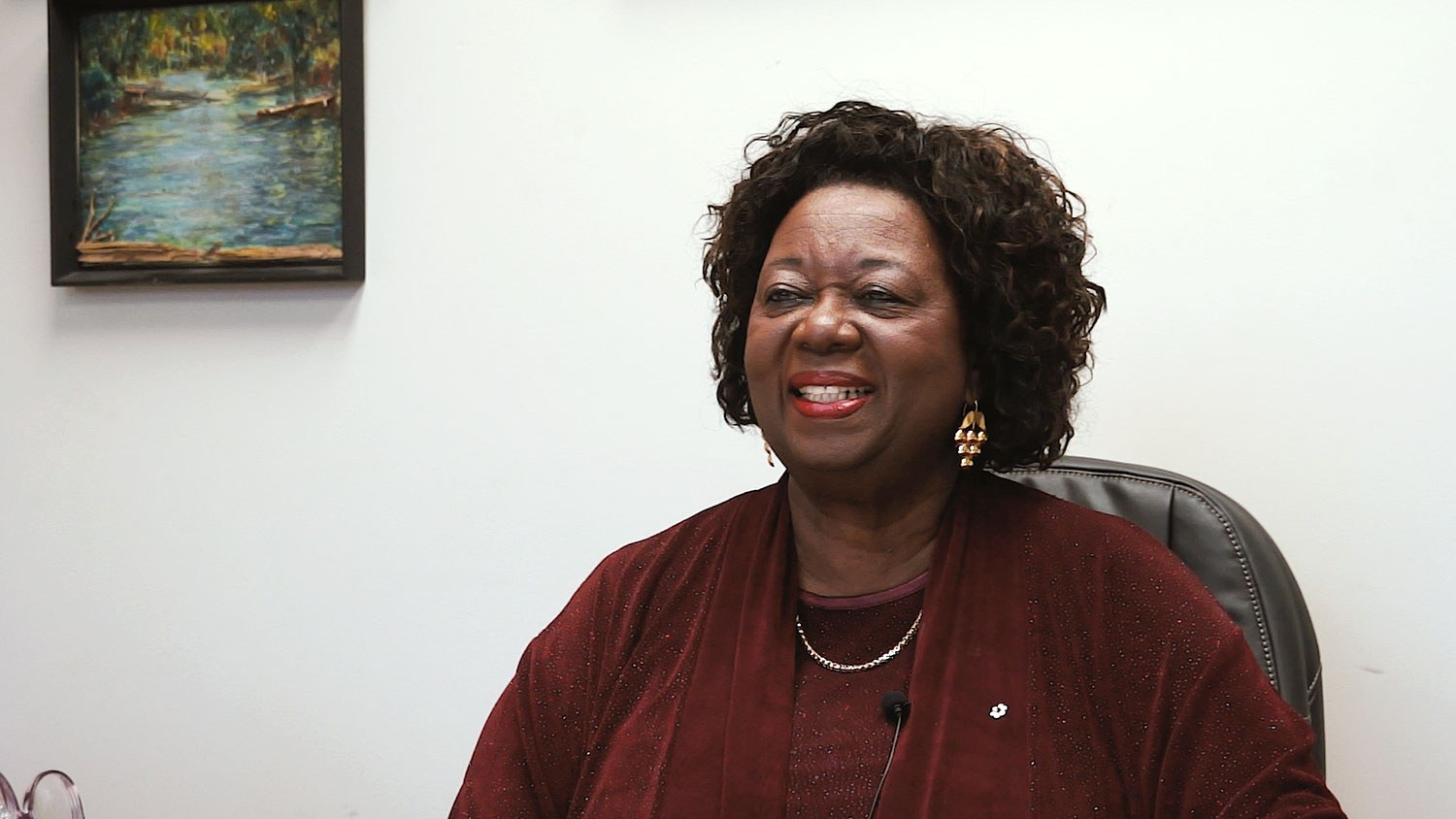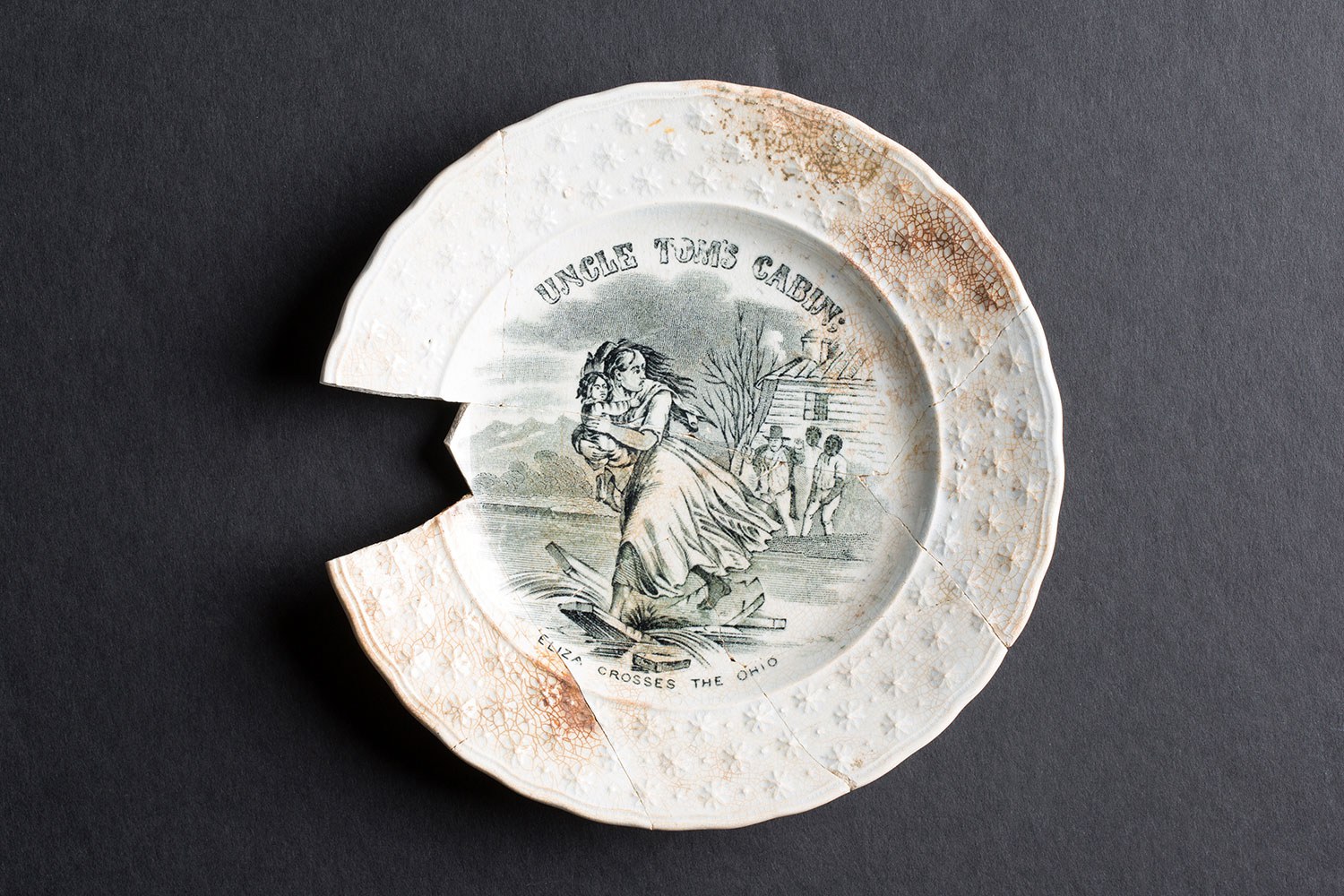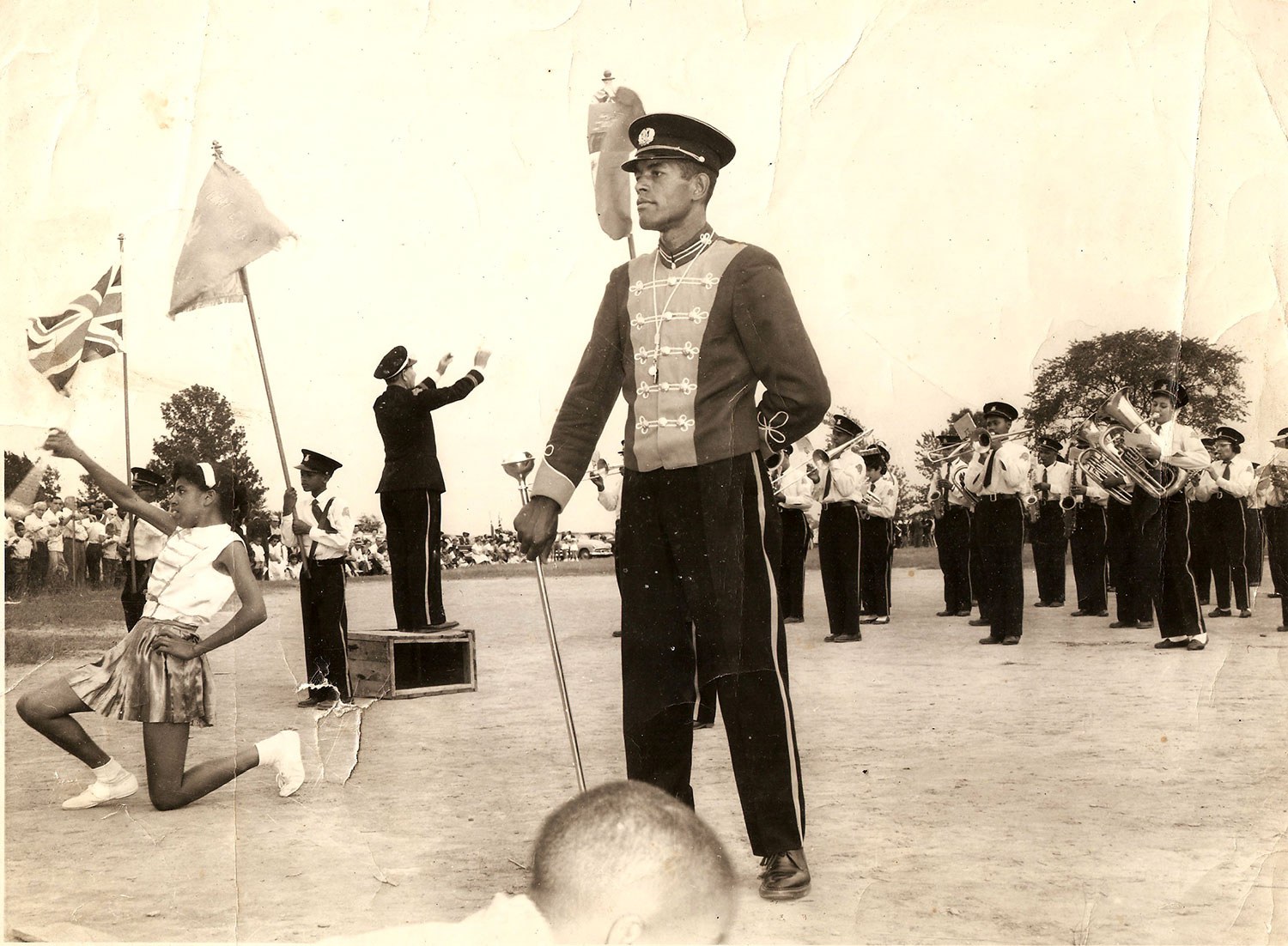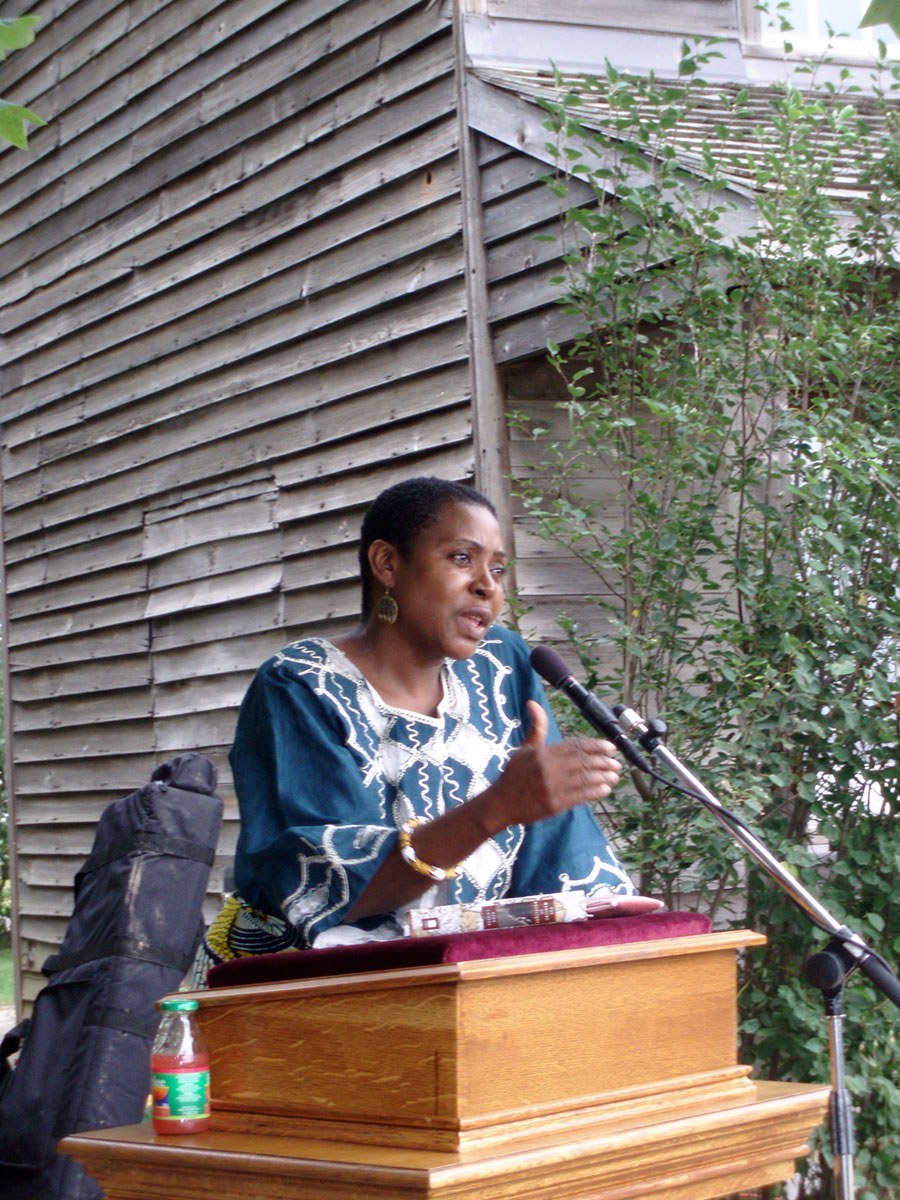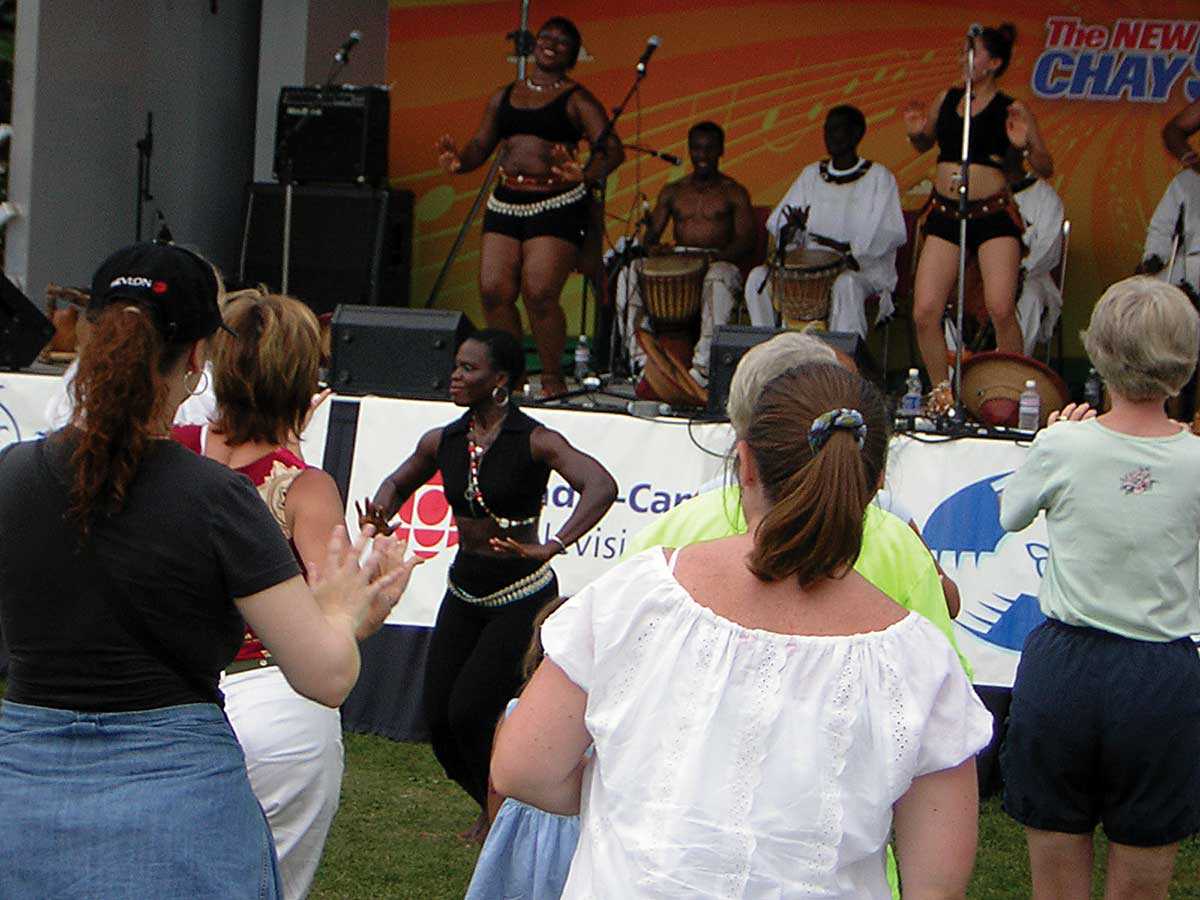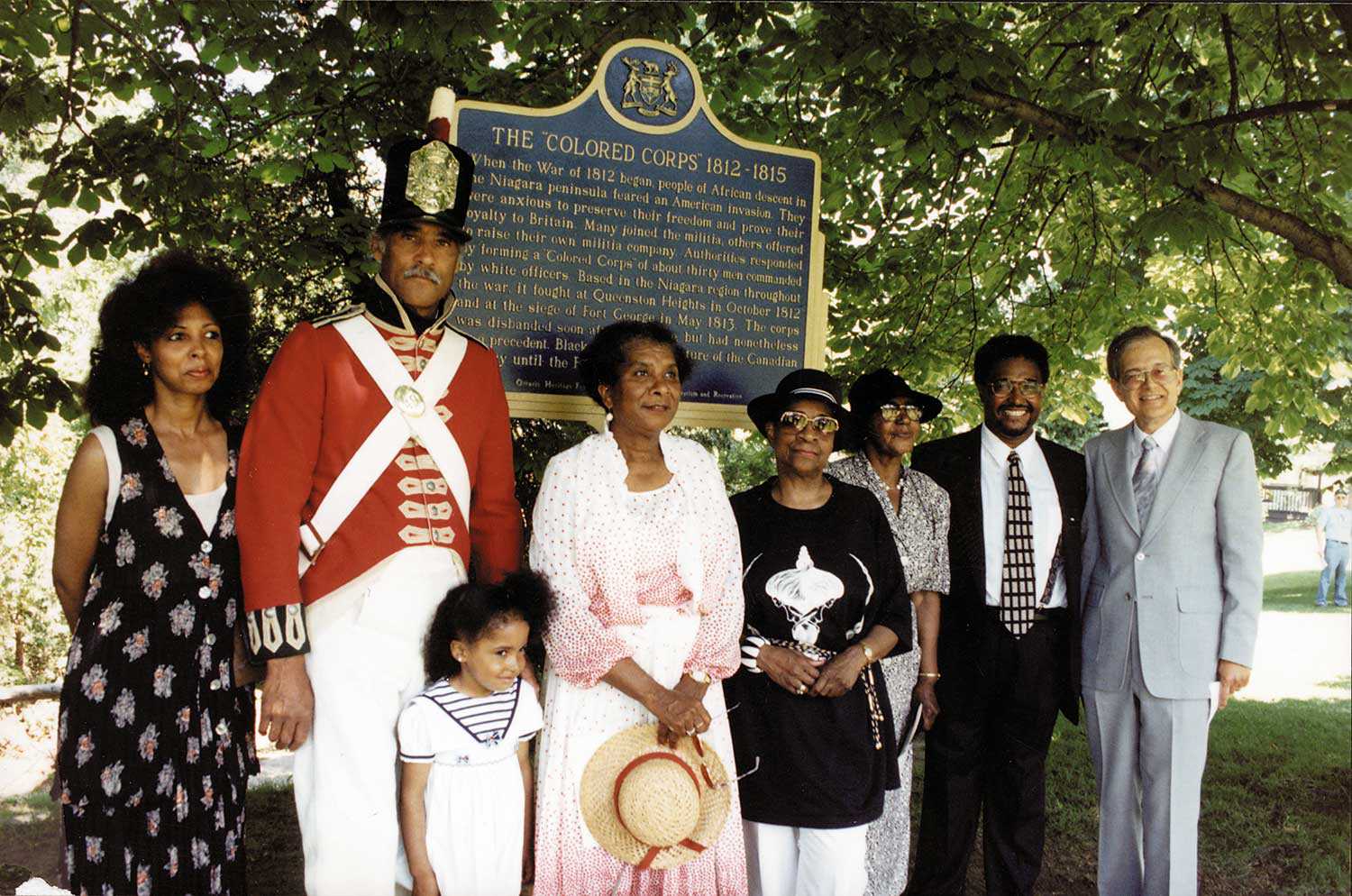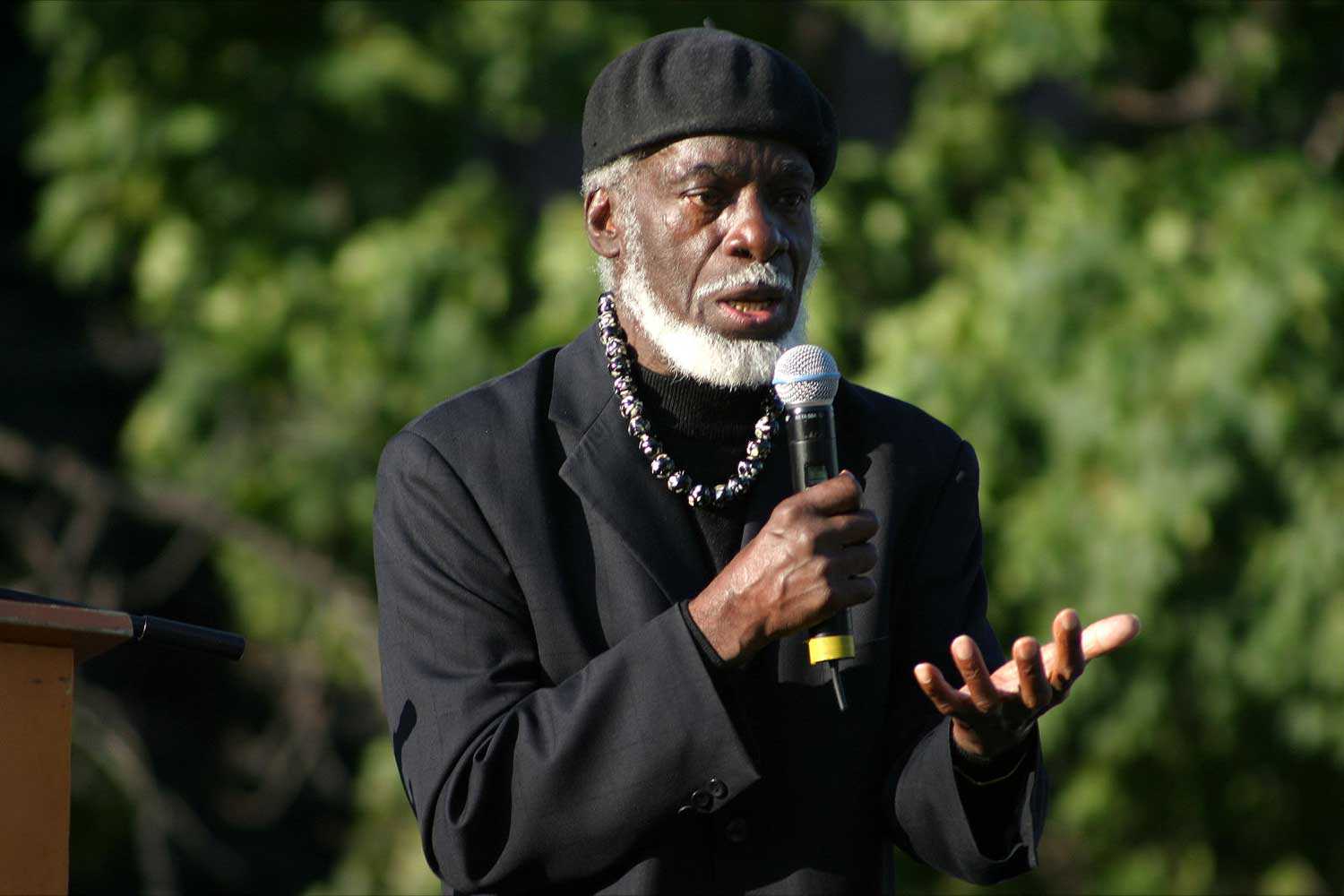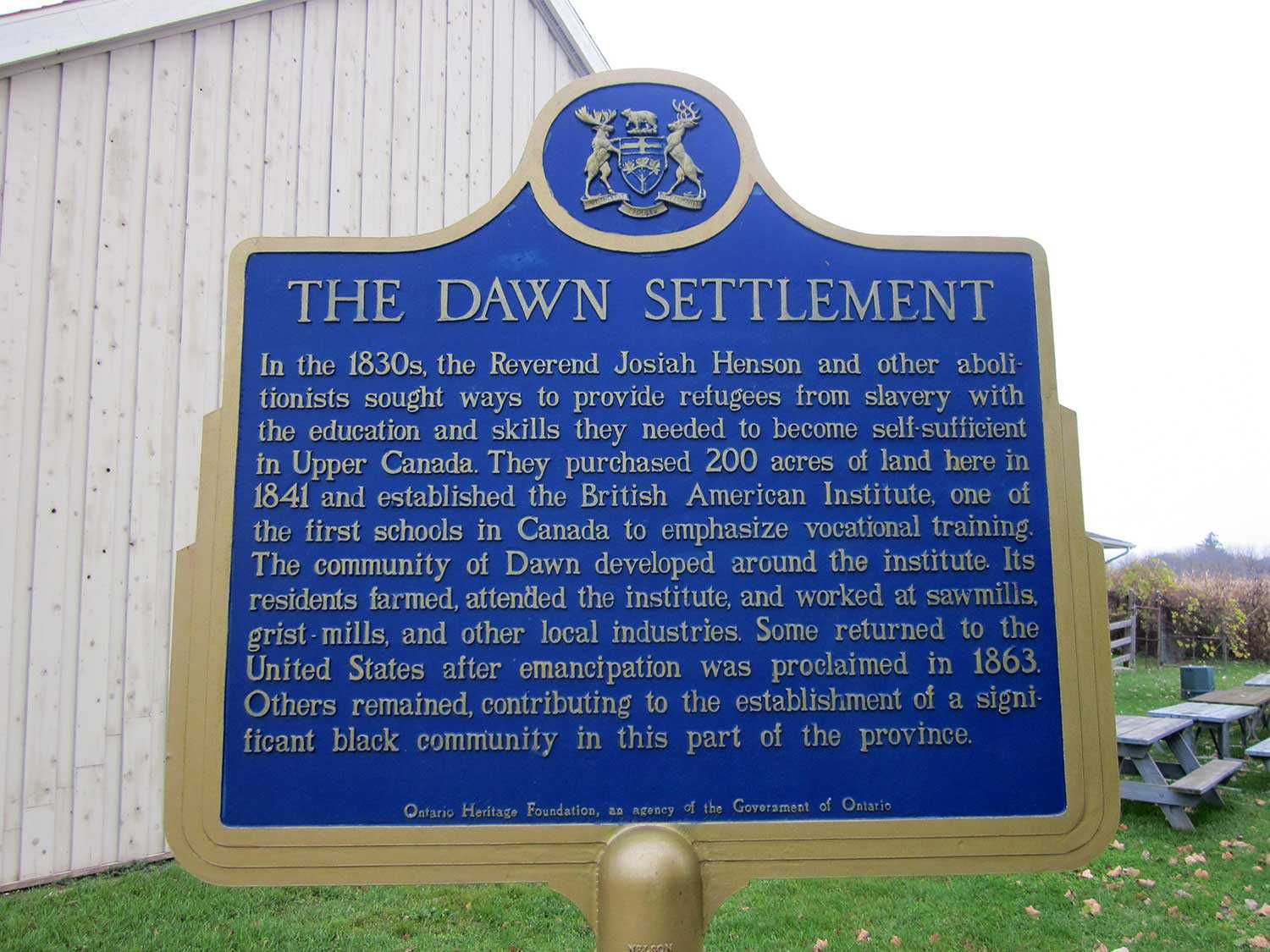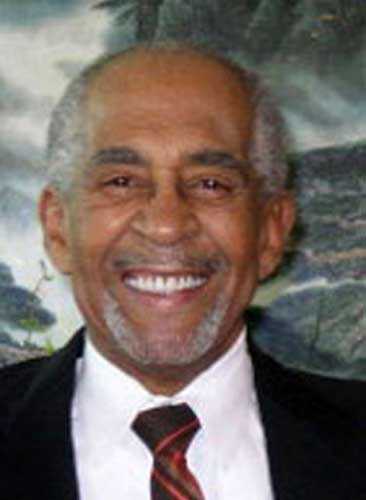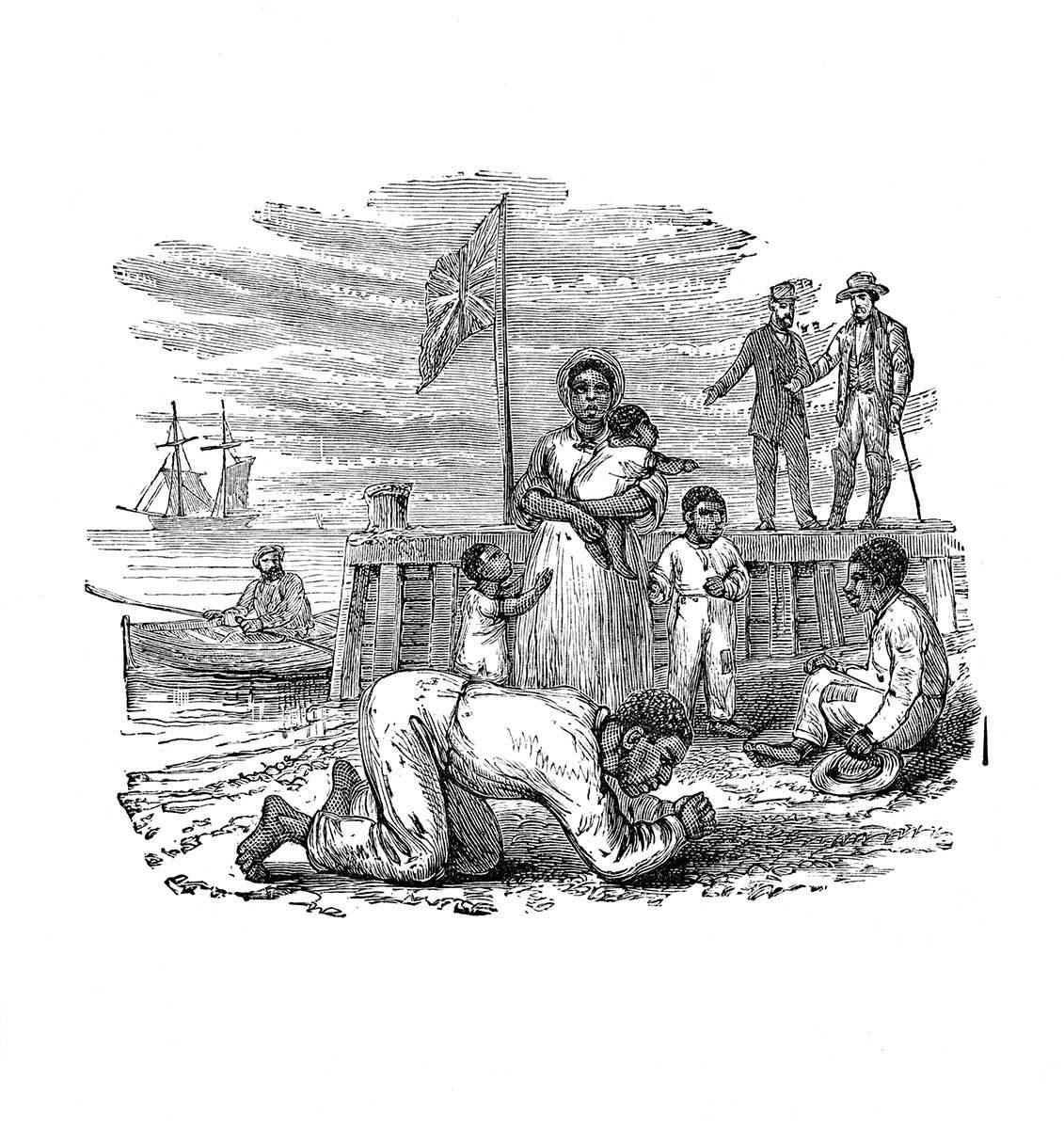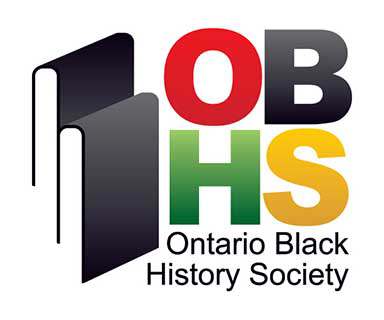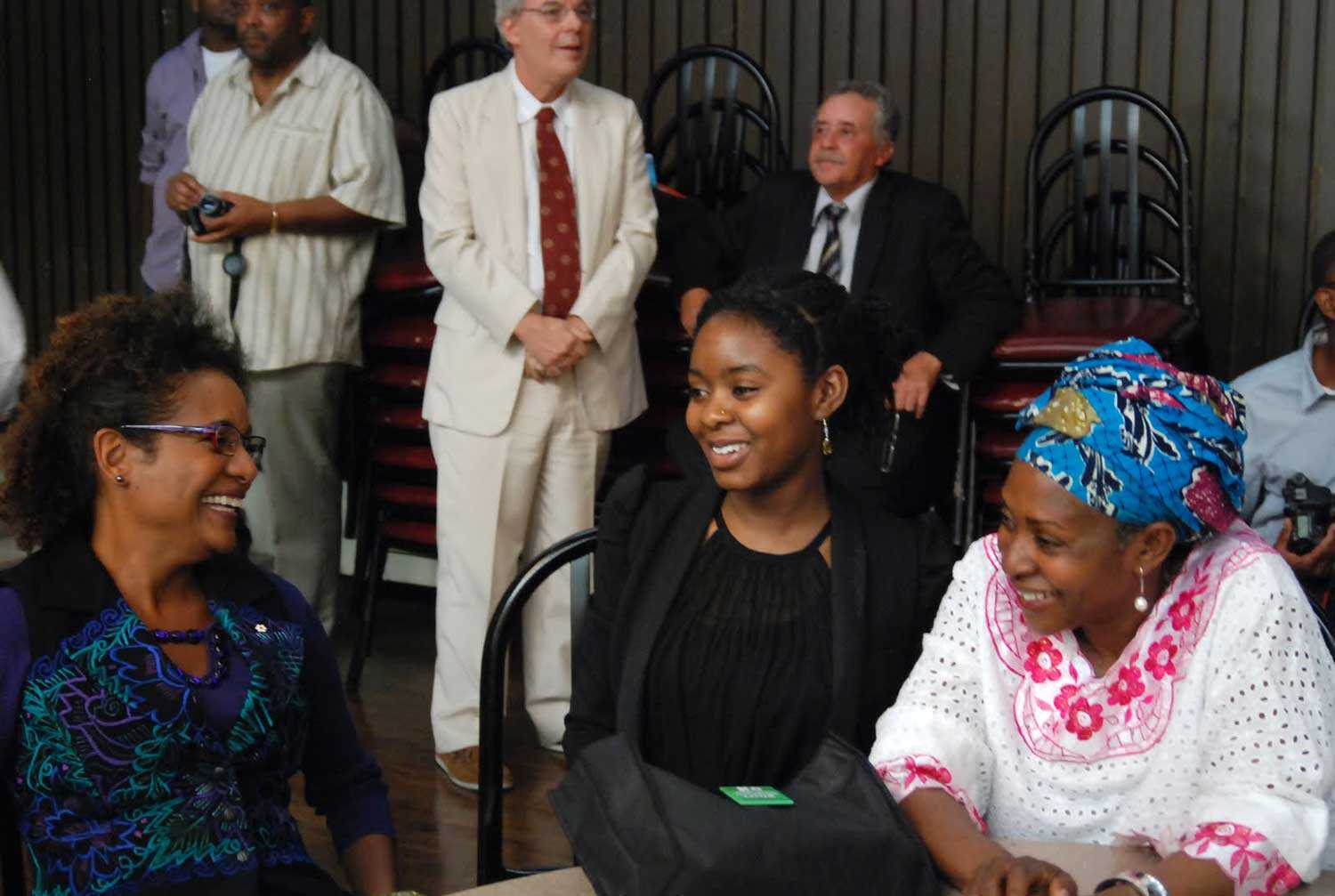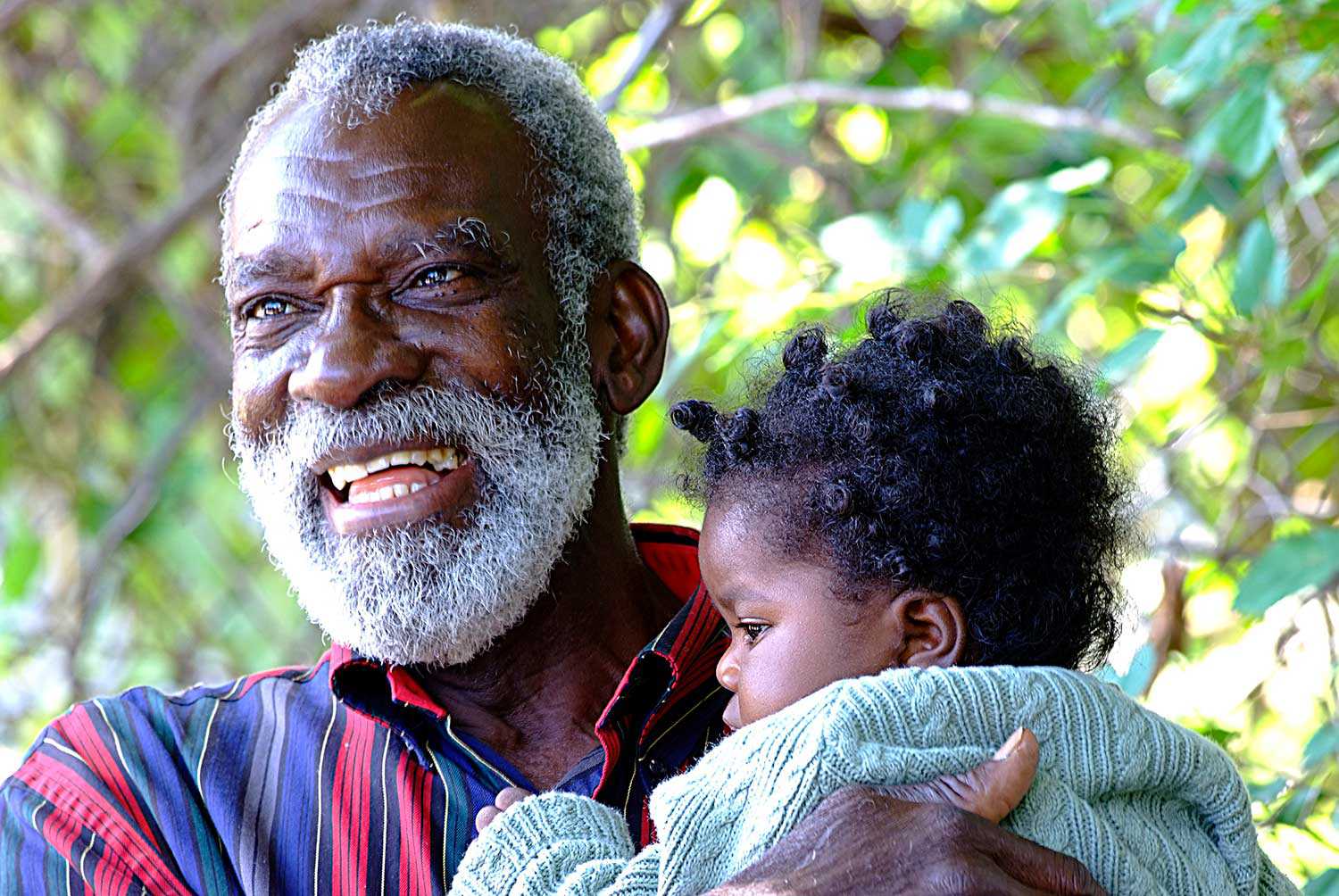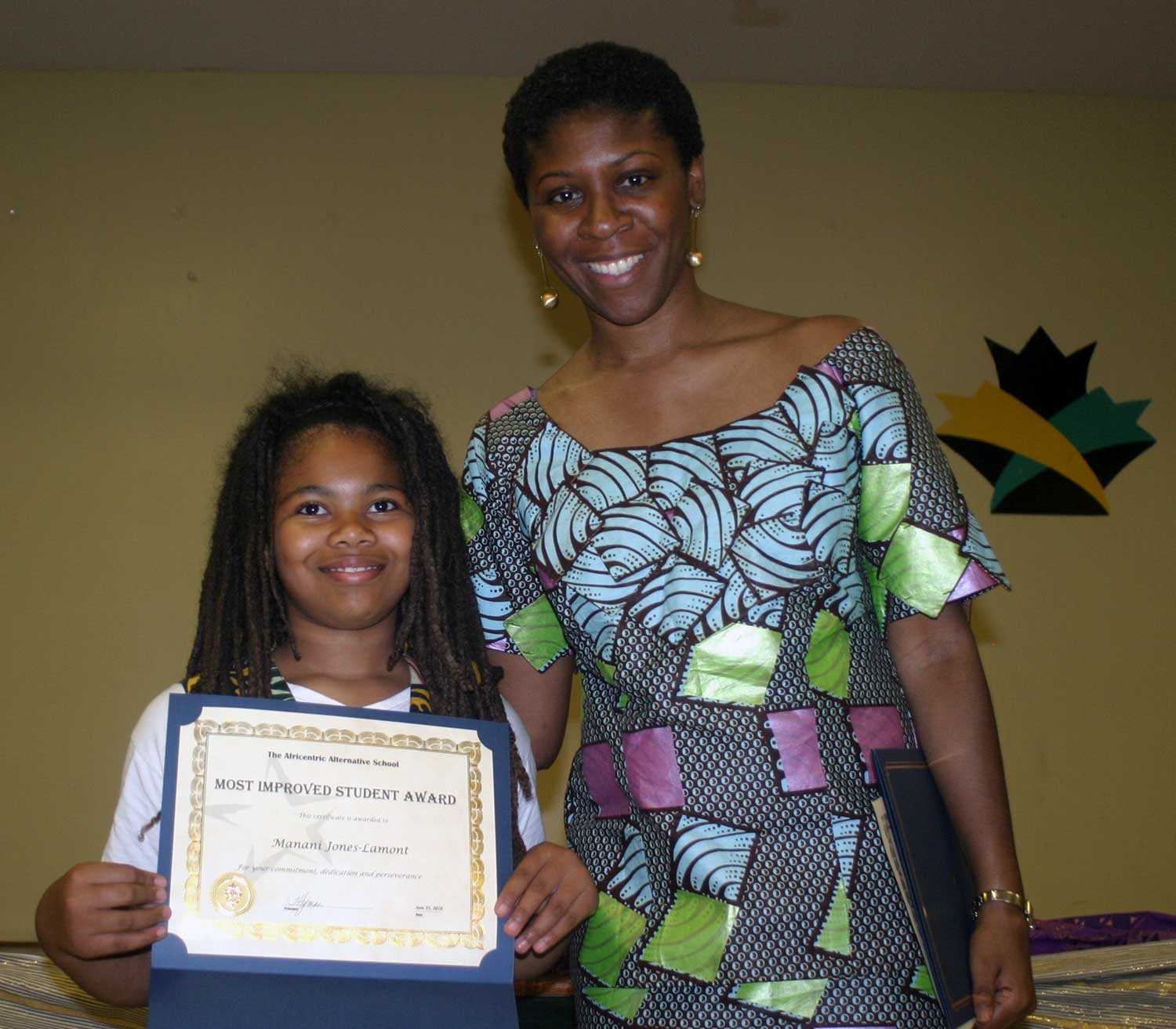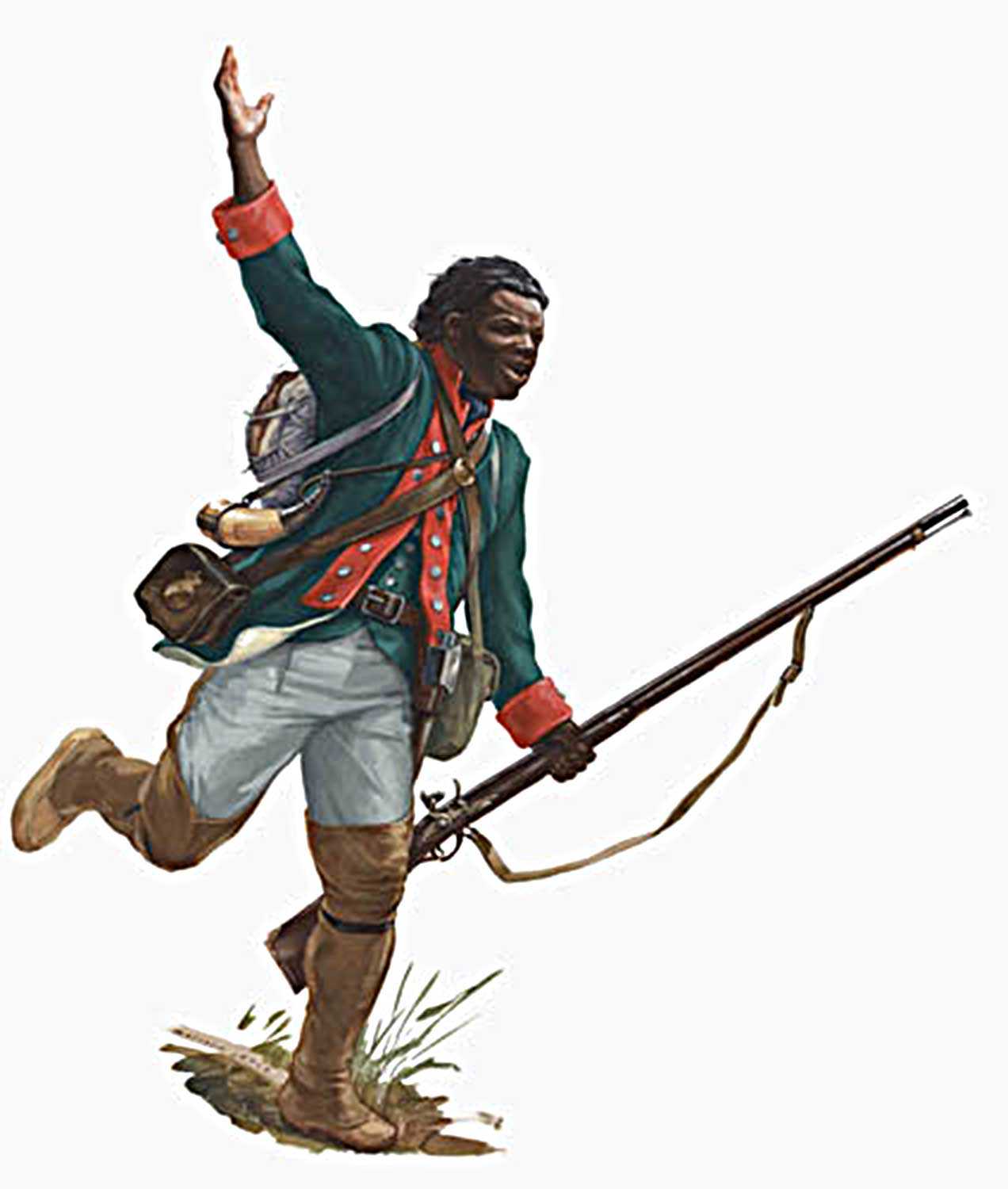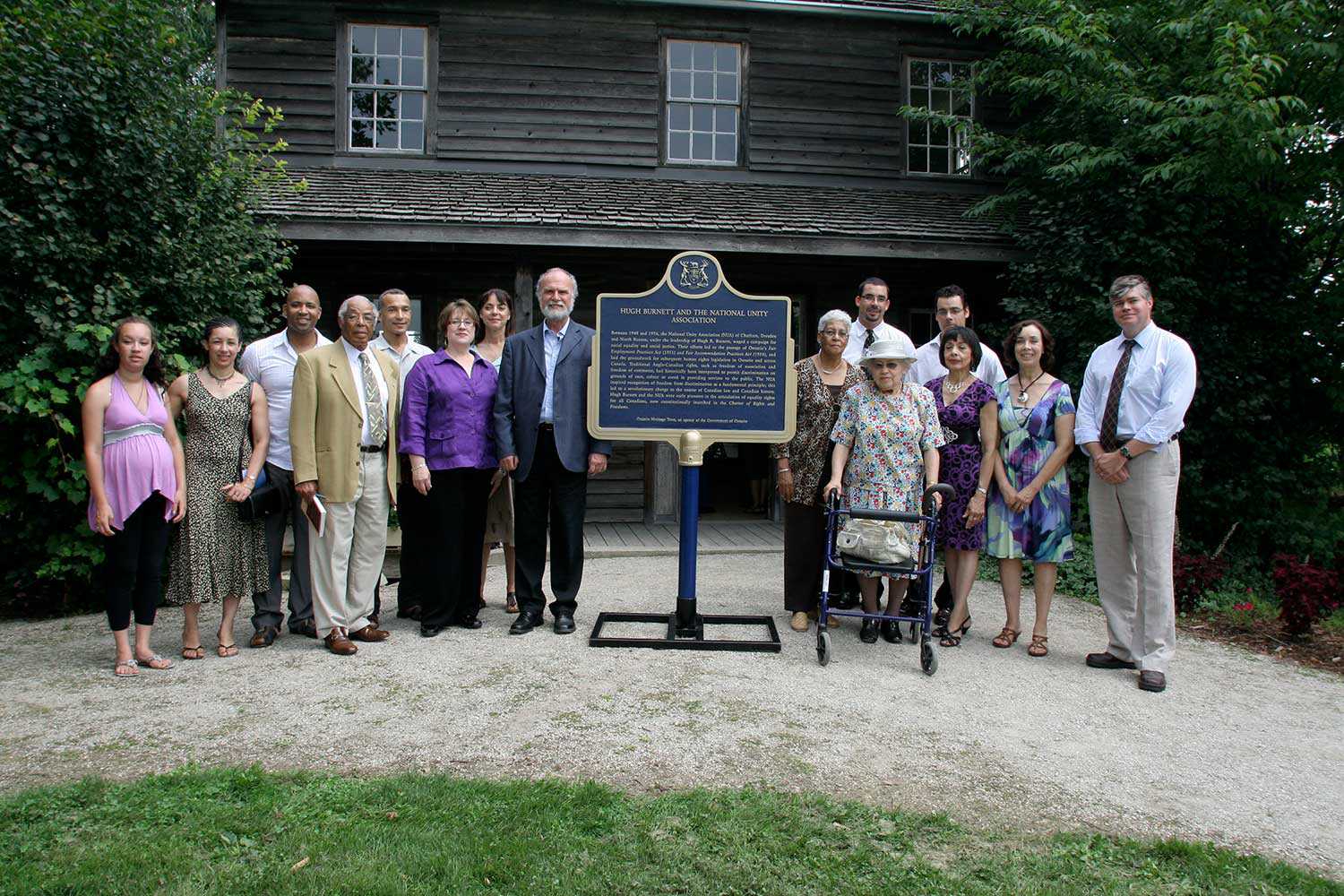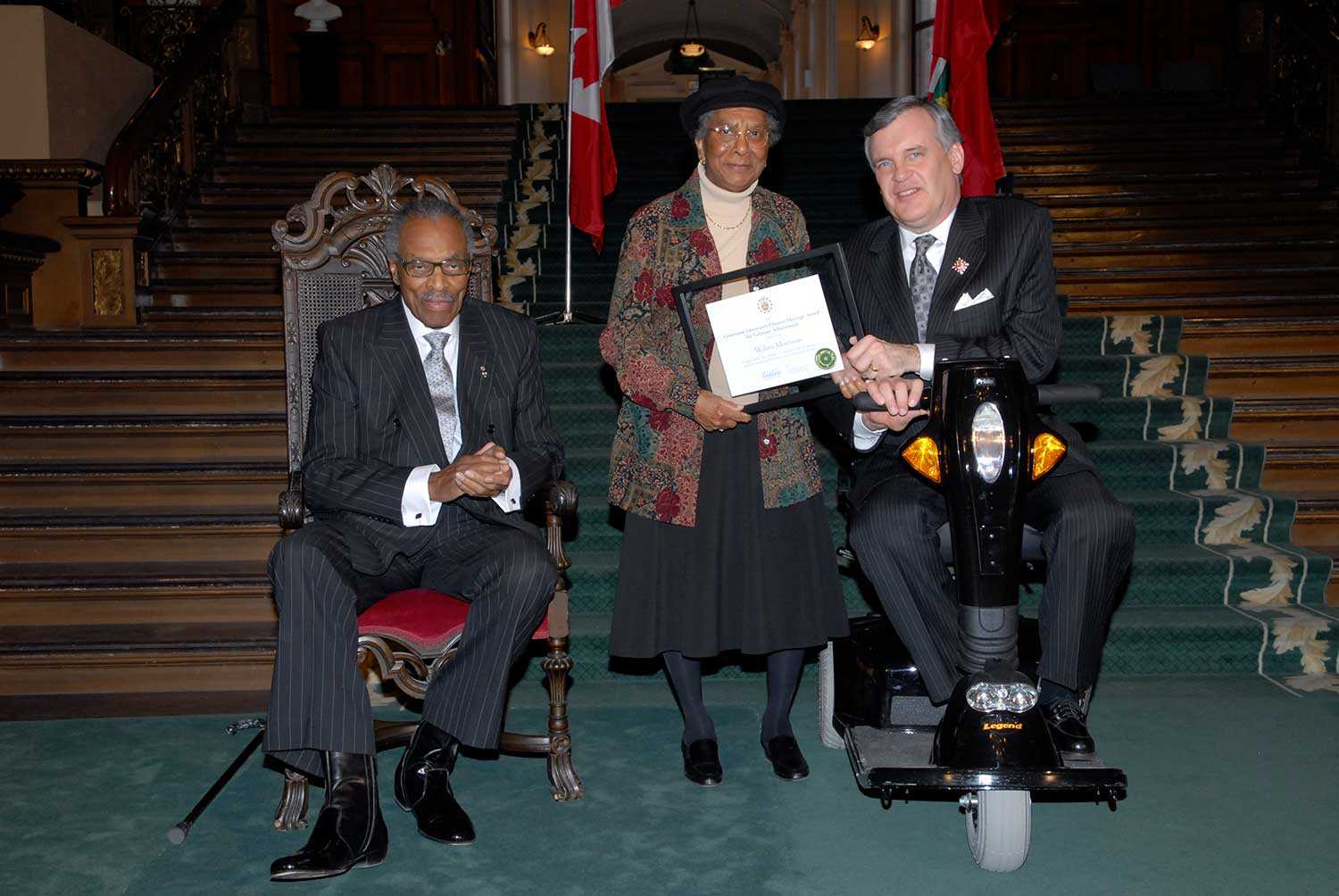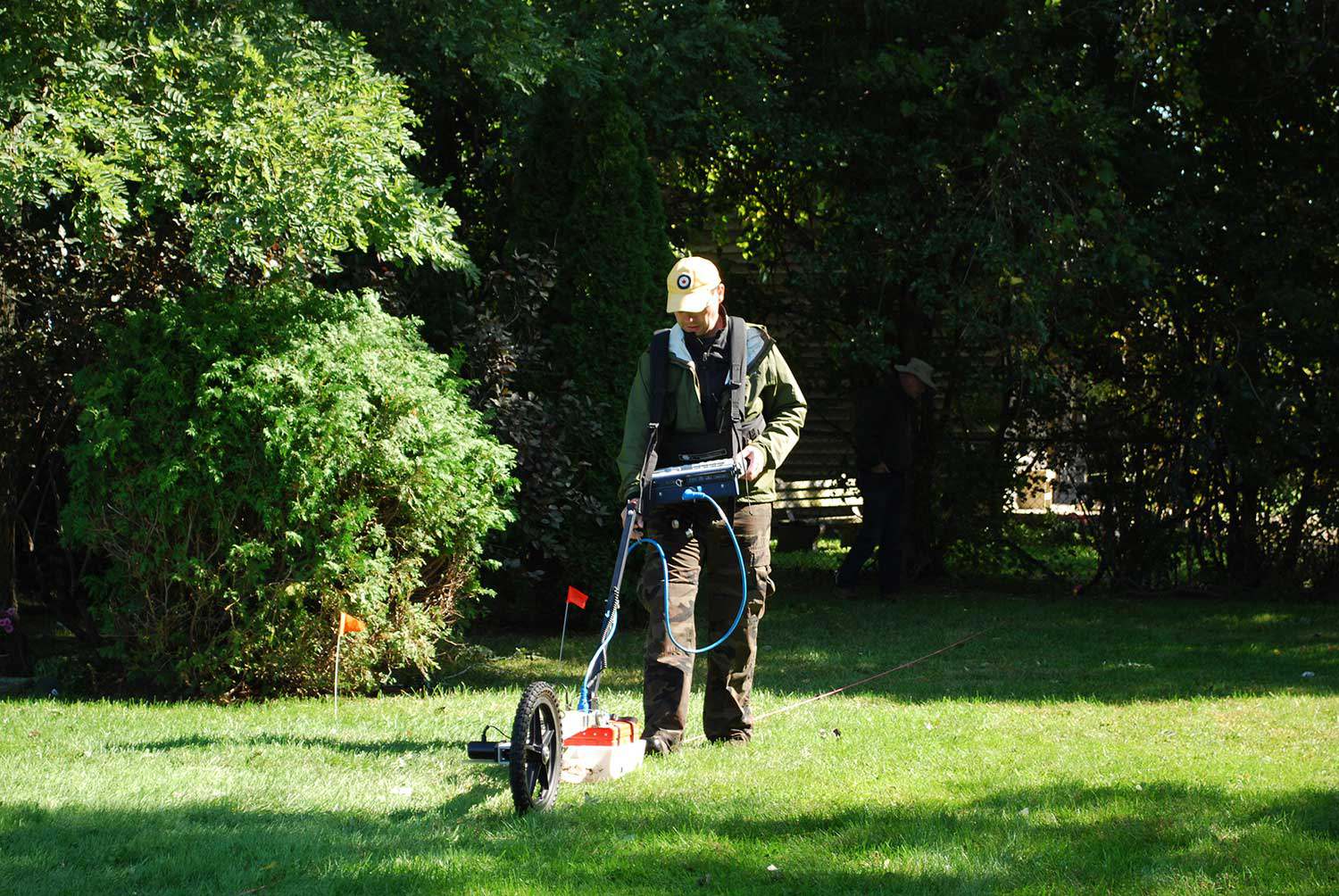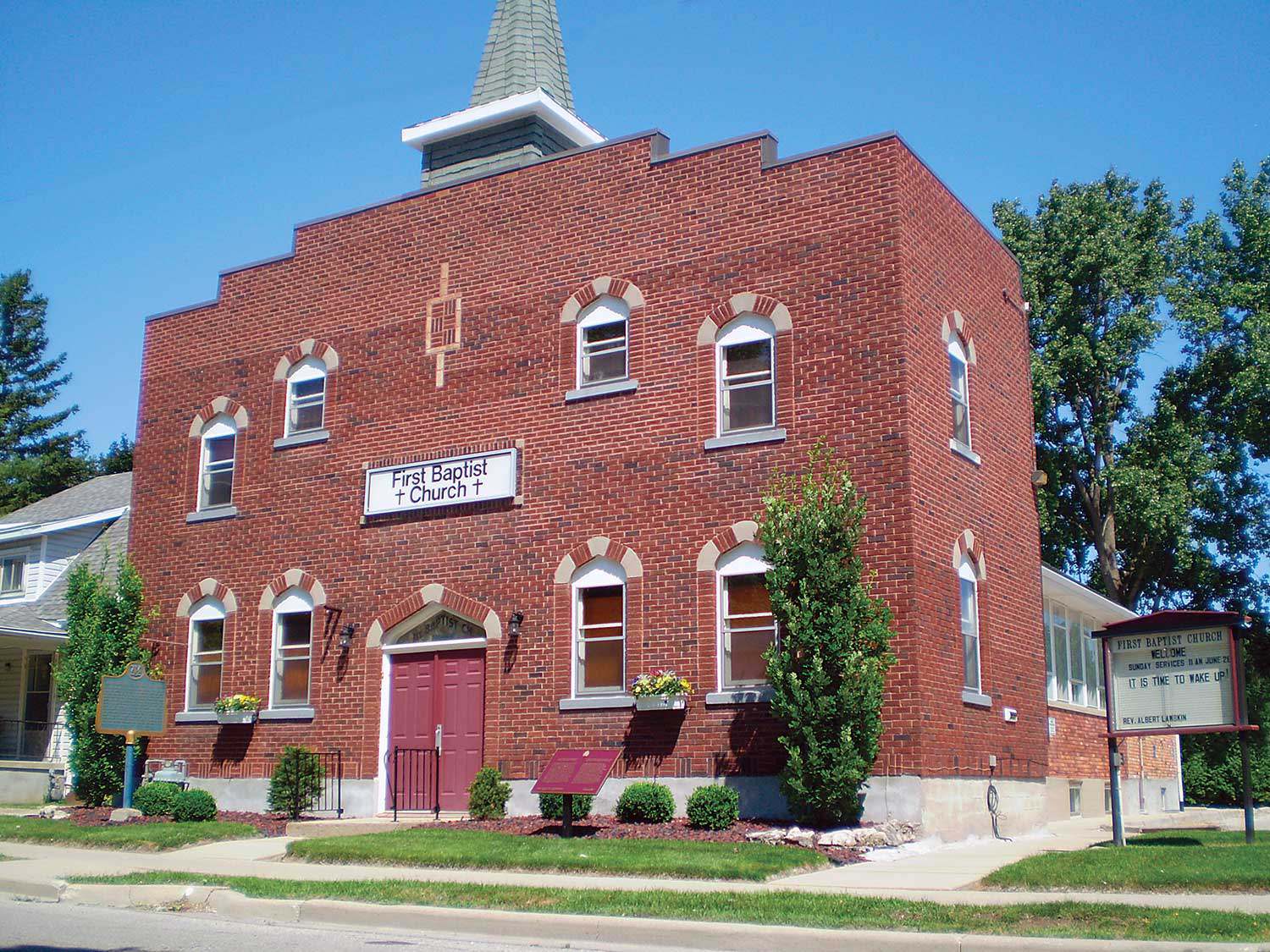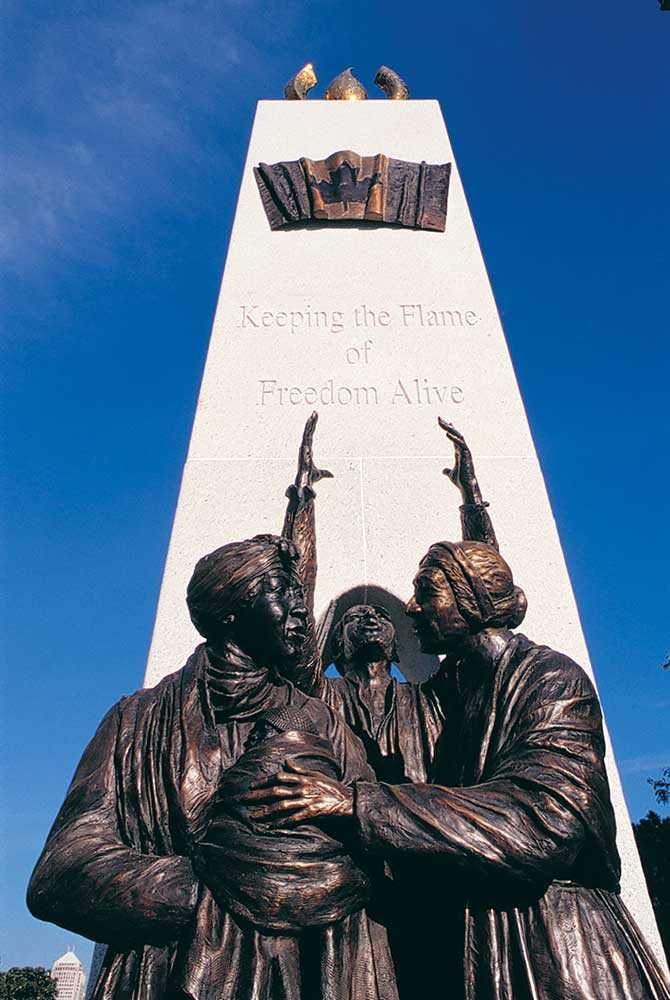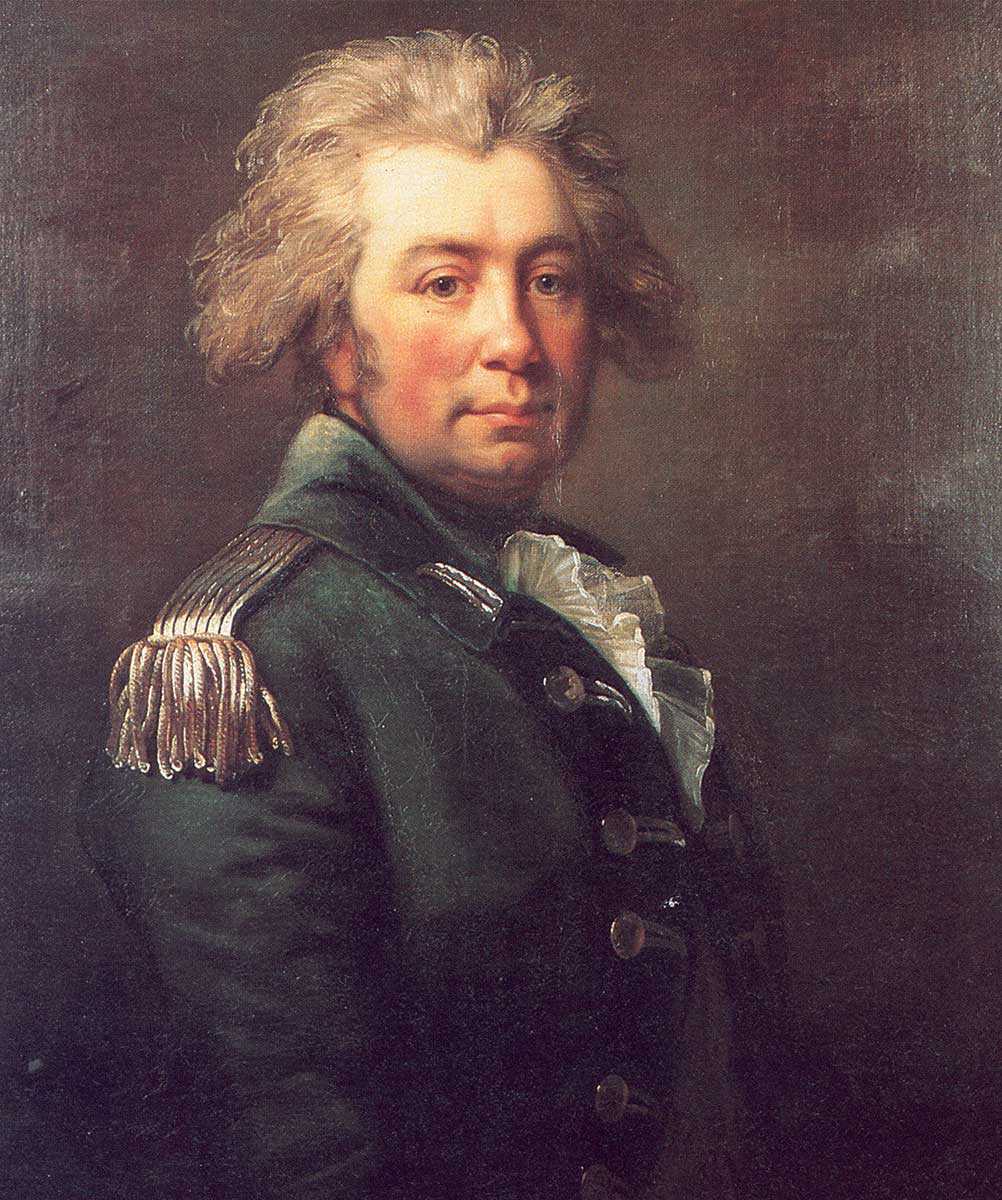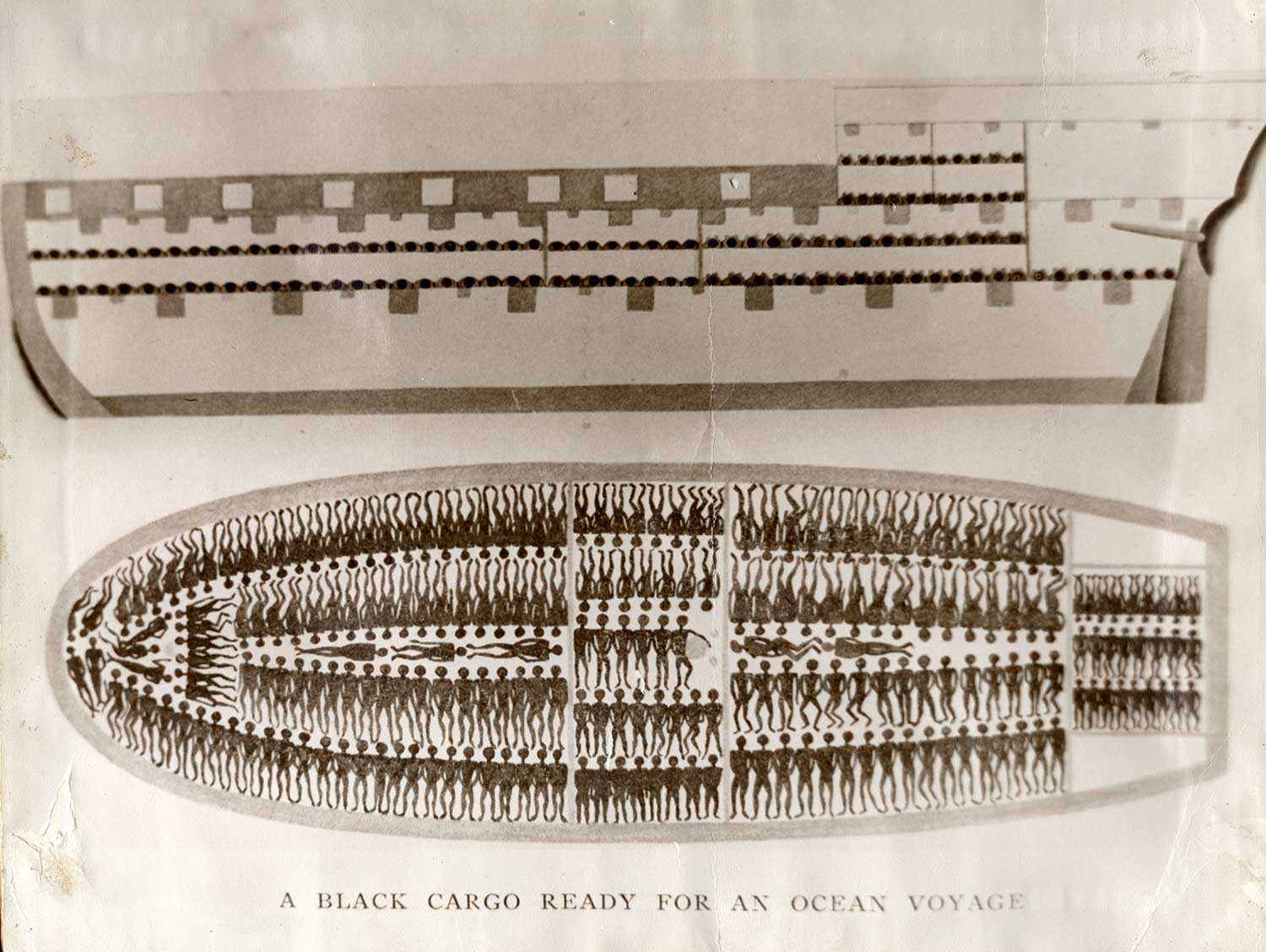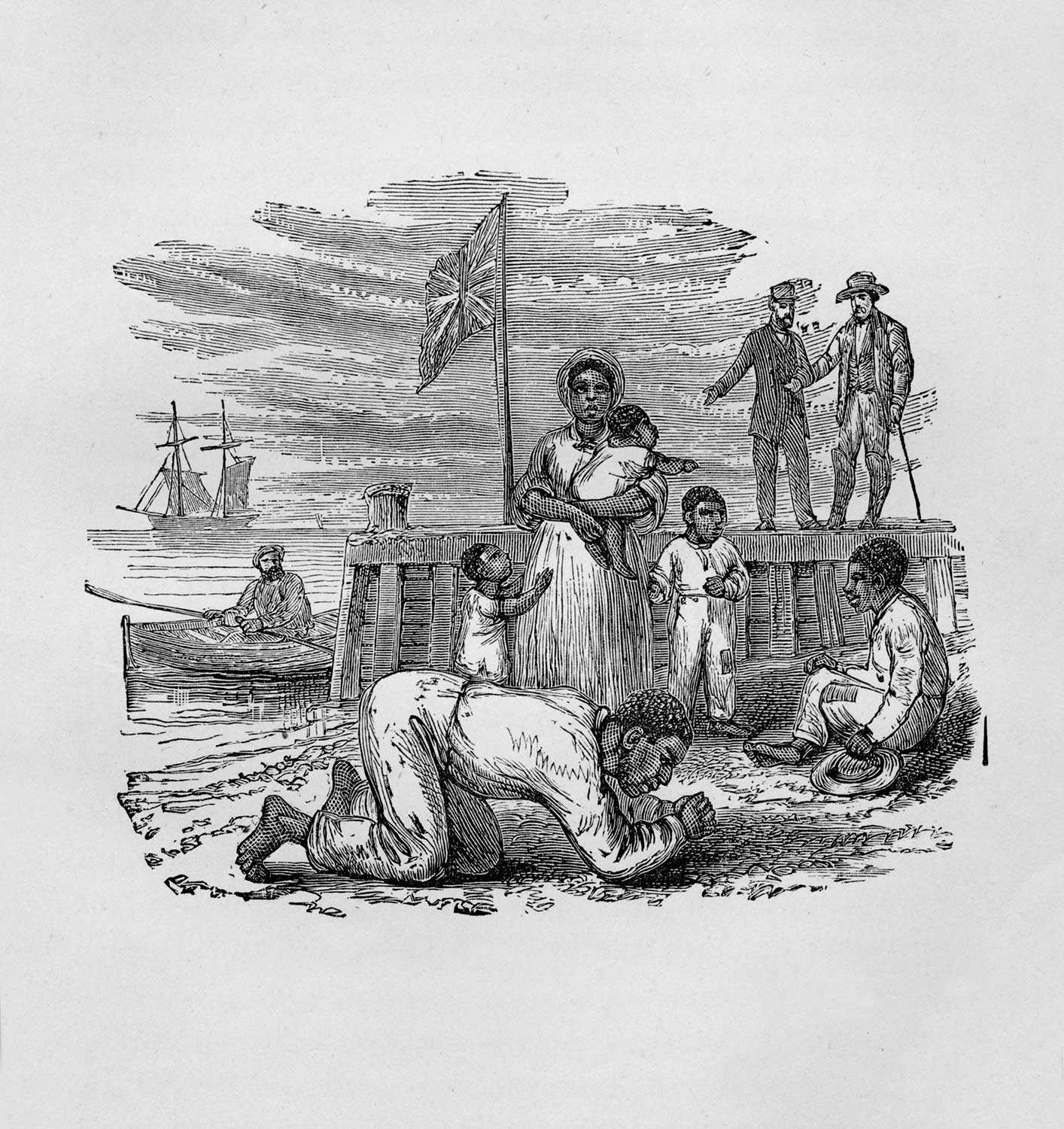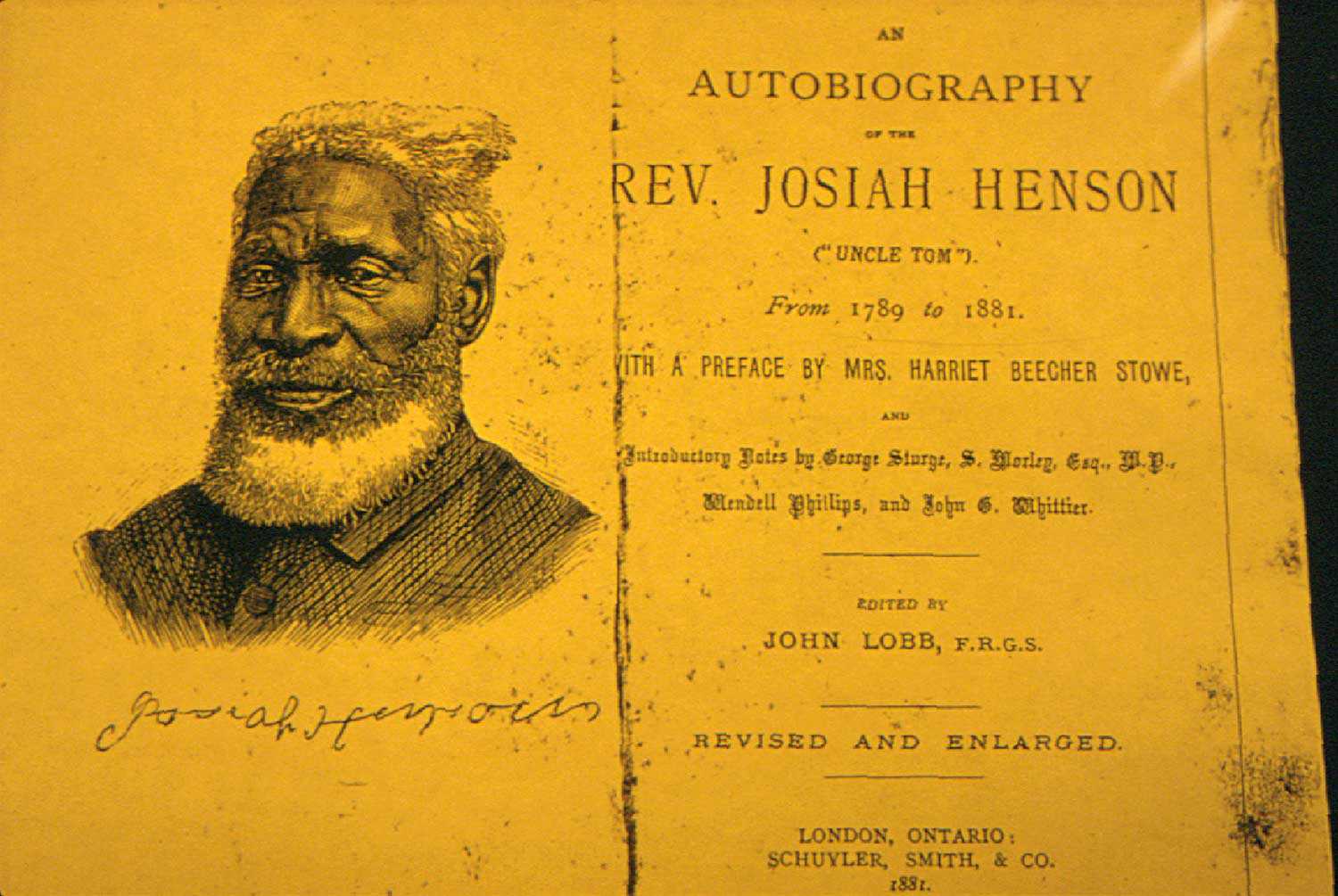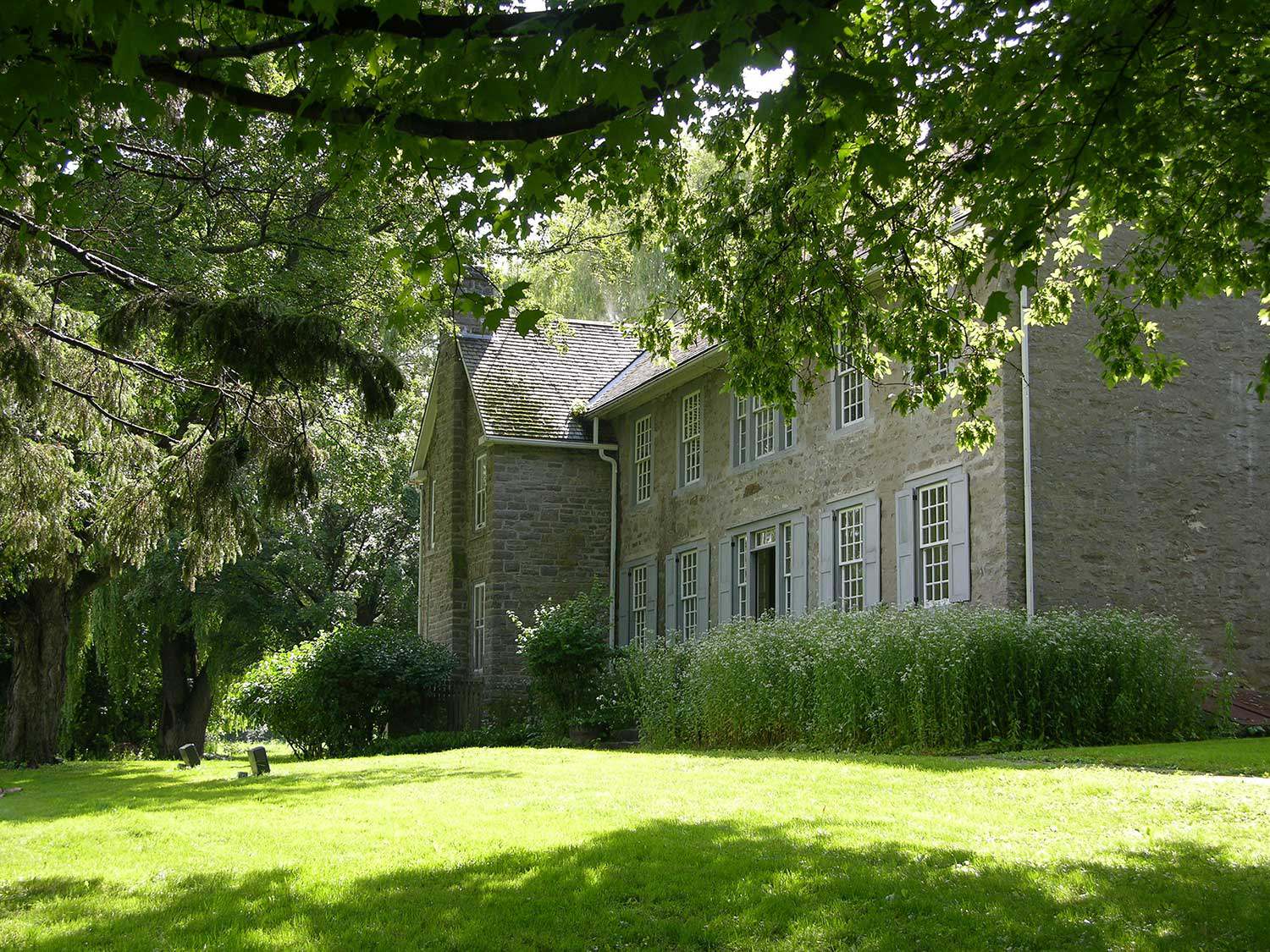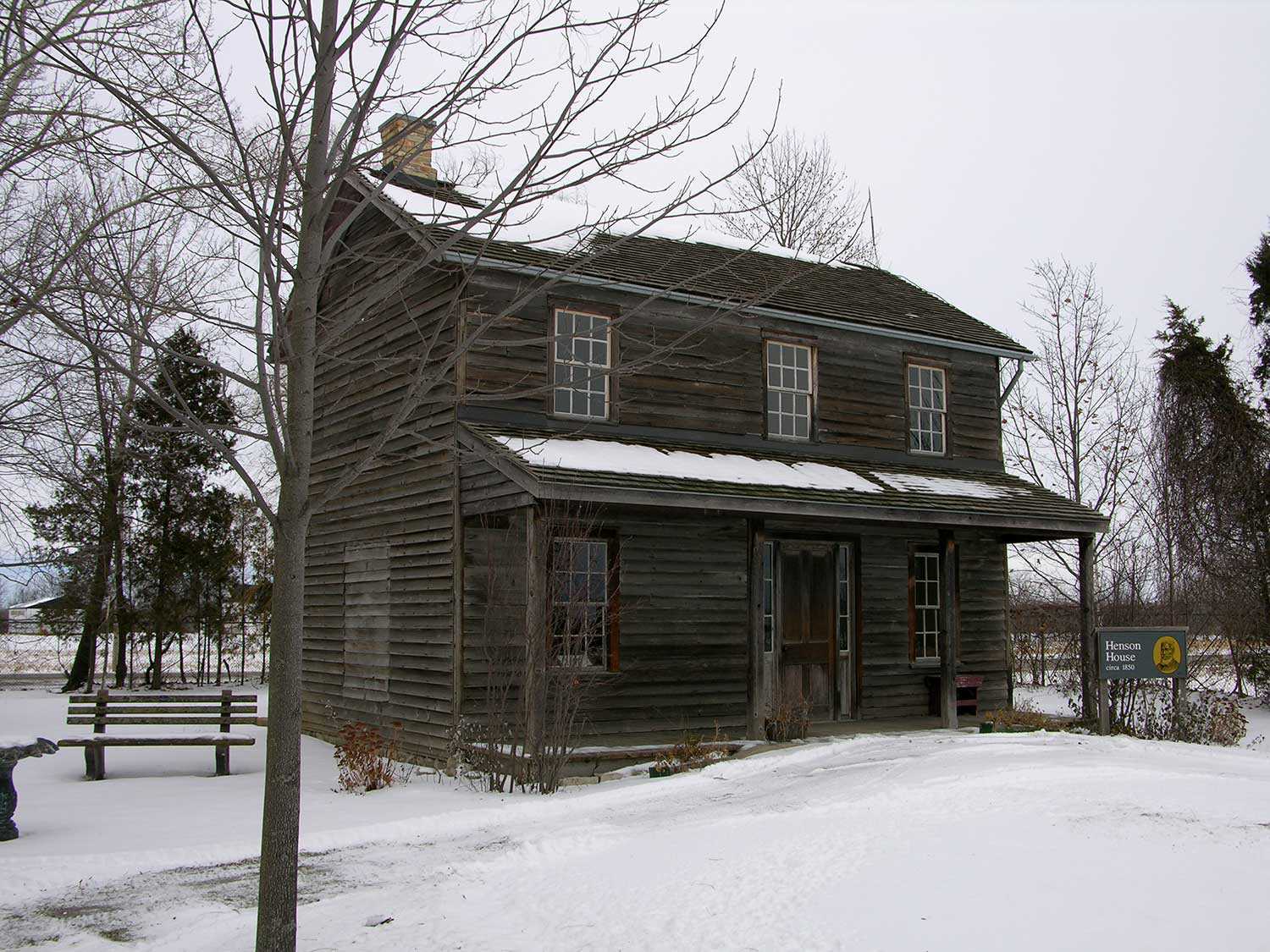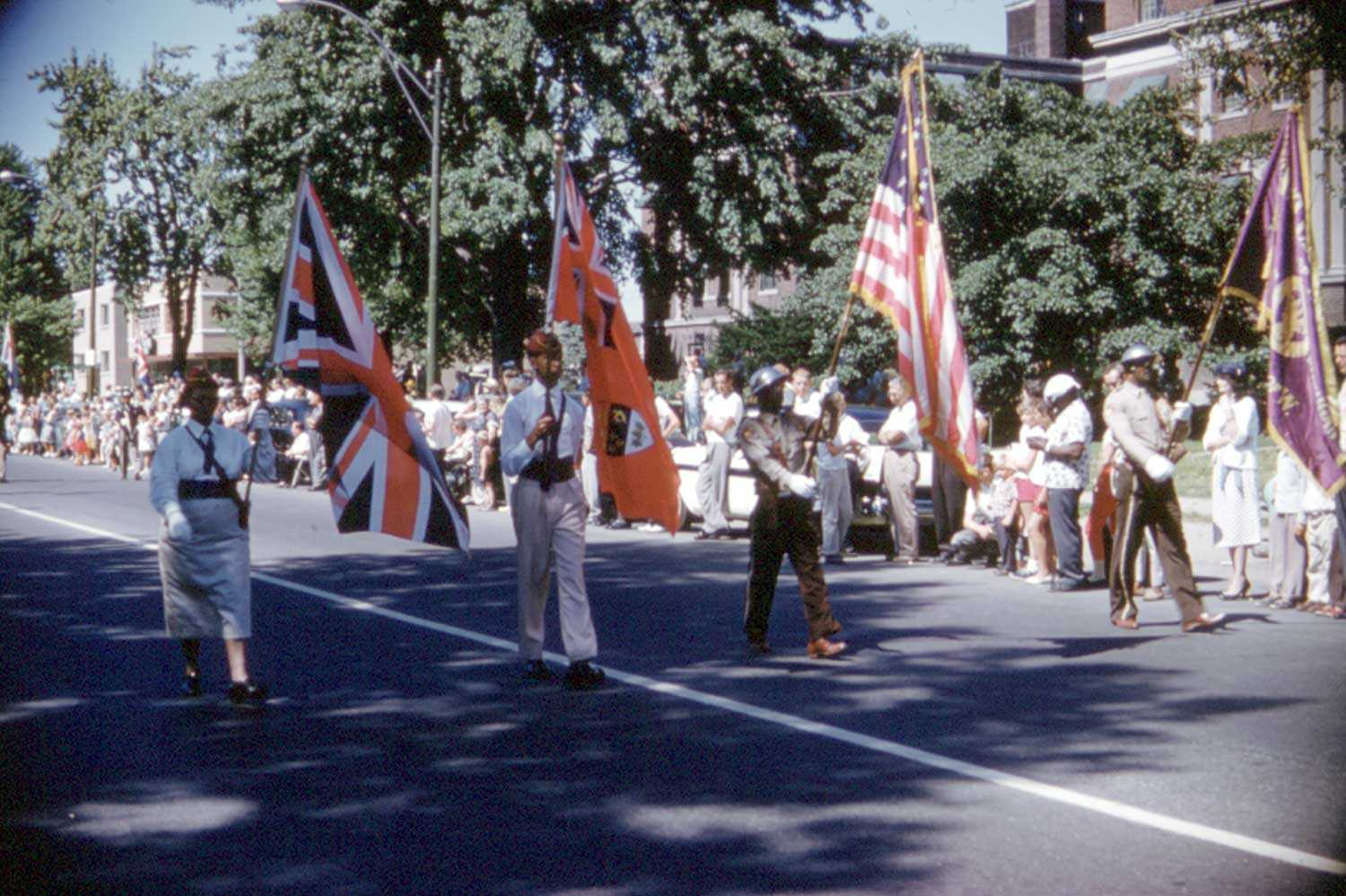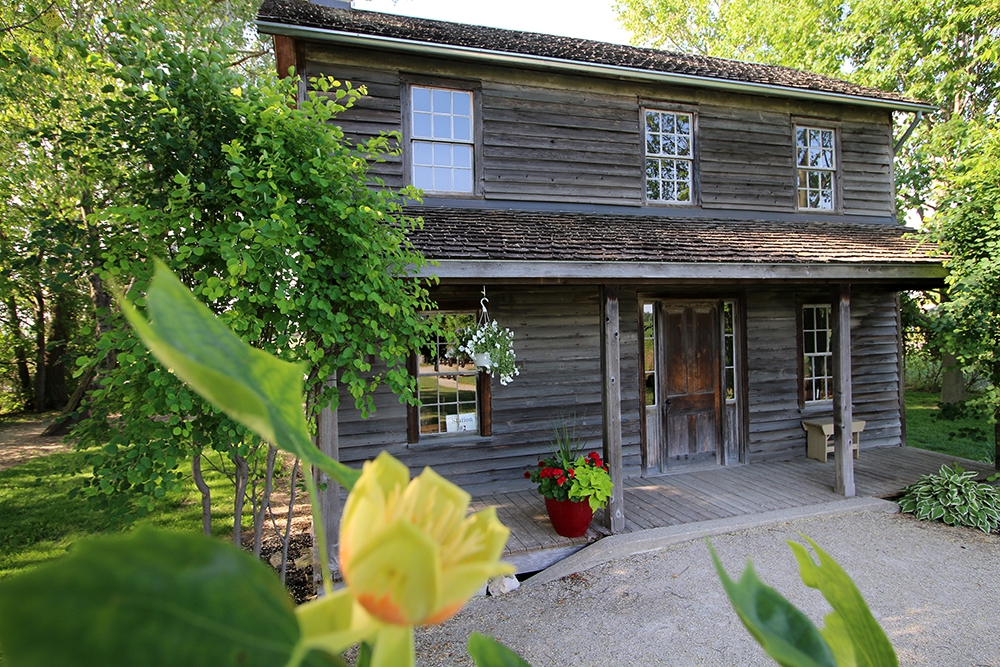

Browse by category
- Adaptive reuse
- Archaeology
- Arts and creativity
- Black heritage
- Buildings and architecture
- Communication
- Community
- Cultural landscapes
- Cultural objects
- Design
- Economics of heritage
- Environment
- Expanding the narrative
- Food
- Francophone heritage
- Indigenous heritage
- Intangible heritage
- Medical heritage
- Military heritage
- MyOntario
- Natural heritage
- Sport heritage
- Tools for conservation
- Women's heritage
"I'll use my freedom well"
A world-class exhibit honouring a Canadian of national historic significance was launched this spring at the internationally renowned Uncle Tom’s Cabin Historic Site in Dresden. The launch of this exhibit coincided with the site’s season opening on May 20.
Entitled “I’ll use my freedom well,” the new exhibit features artifacts, vivid imagery and interpretive panels to take a fresh look at the life of Josiah Henson. Recognized internationally for his contribution to the abolition movement, Josiah Henson asserted his leadership as an author, a preacher and a conductor on the Underground Railroad. Through his leadership, one of Canada’s first industrial schools – the British American Institute – was founded. The Dawn Community developed around the Institute. Henson worked with energy and vision to improve life for the Black community in Upper Canada (now Ontario).
To the schooner captain that had provided him and his family with safe passage across the Niagara River, Josiah Henson promised, “I’ll use my freedom well.” Prophetic words from a man of action. Henson indeed used his freedom well. He set about finding food and lodging for his young family – no easy task for a man who had arrived on the Canadian shore with nothing but a determined spirit.
In time, he would come to southwestern Ontario and convince other settlers to buy into his vision of a trade school, one of the first of its kind, around which would develop a strong, educated and self-reliant community. The British American Institute and Dawn Settlement were the result of this dream. He served as the spiritual head of this community, and went overseas on several occasions to promote the work of the Institute and spread the word that Canada, his newly adopted home, was a place of refuge from slavery. Although maimed early in life, he helped to defend this country as captain of a Black militia group stationed at Fort Malden during the Rebellion of 1837.
And then he went back – back to the southern United States, taking the Underground Railroad in reverse. He risked everything – his years of work, his freedom, his life – to bring others north from bondage.
Josiah Henson would eventually lead over 118 enslaved persons north – to a life without the sting of the overseer’s whip, to a land of new opportunity, to freedom.

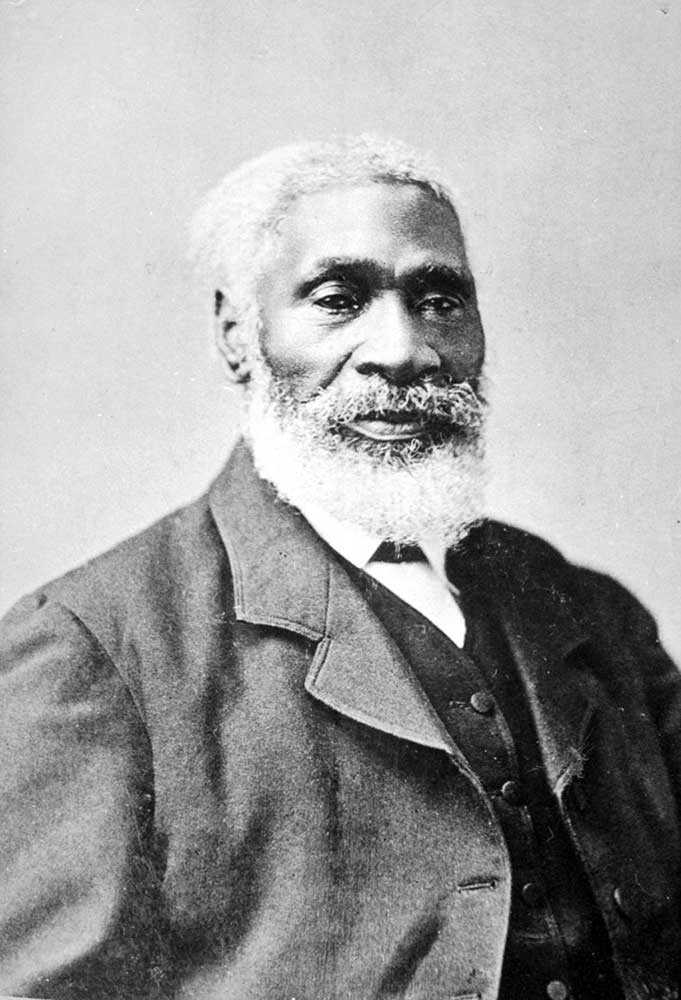
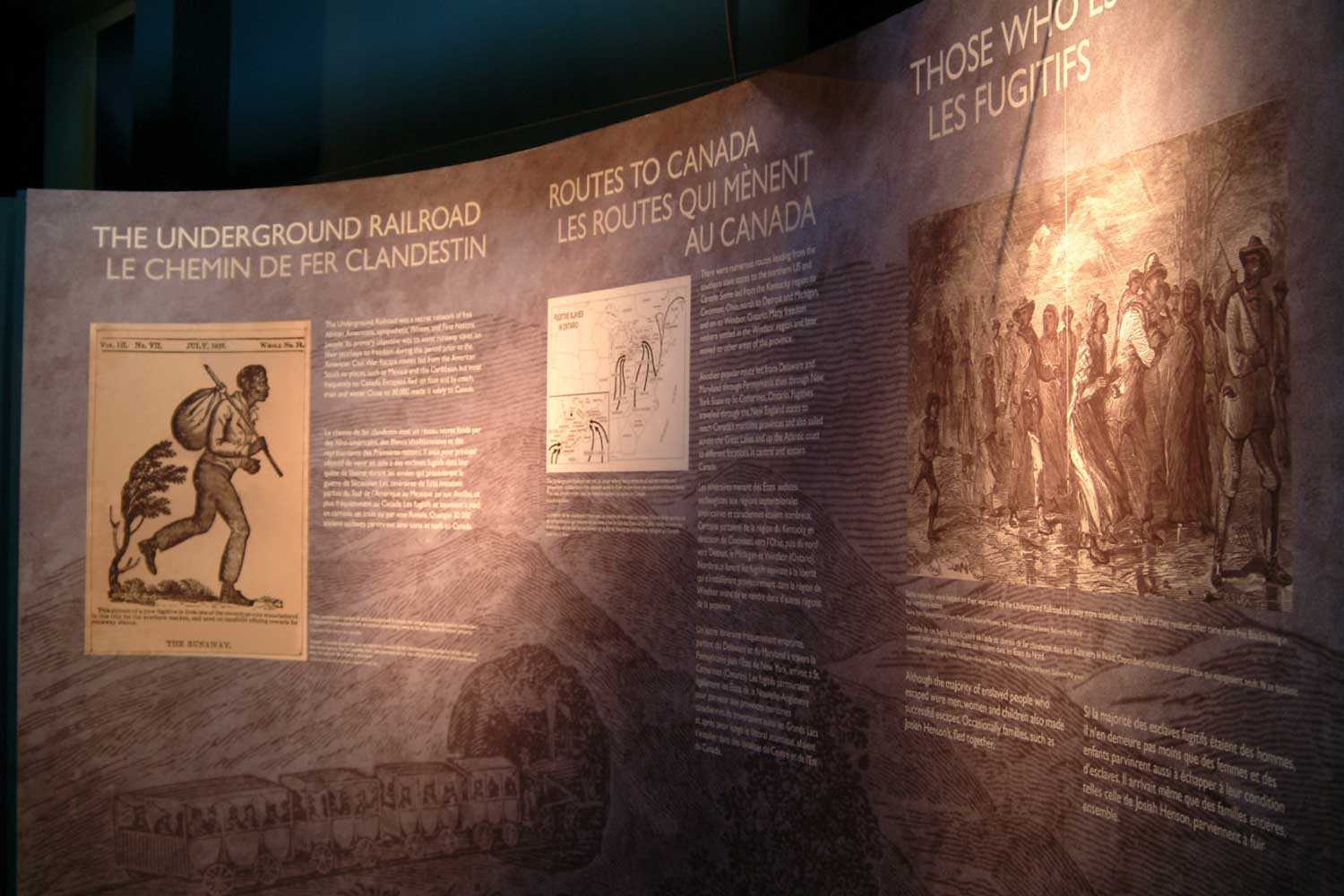
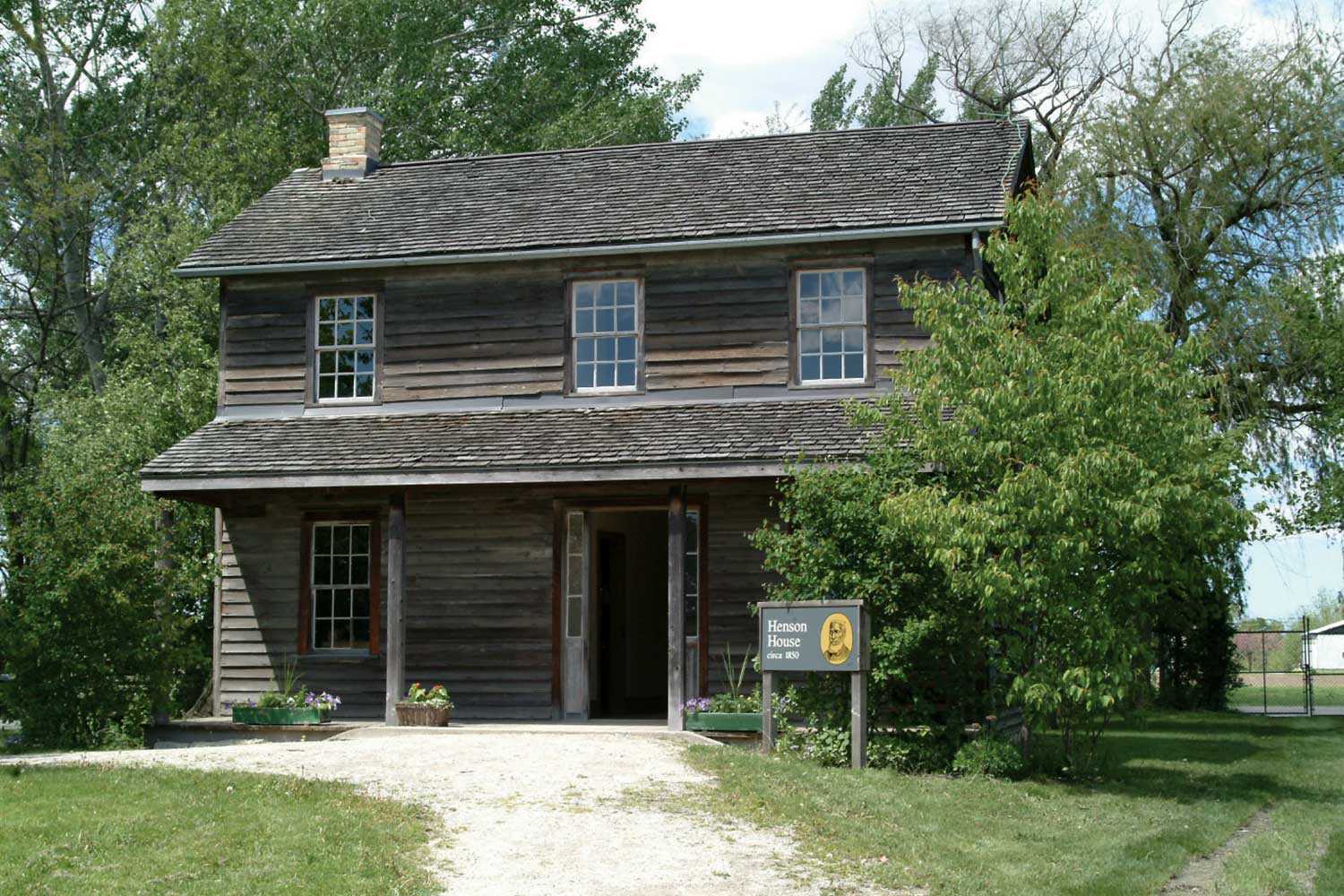
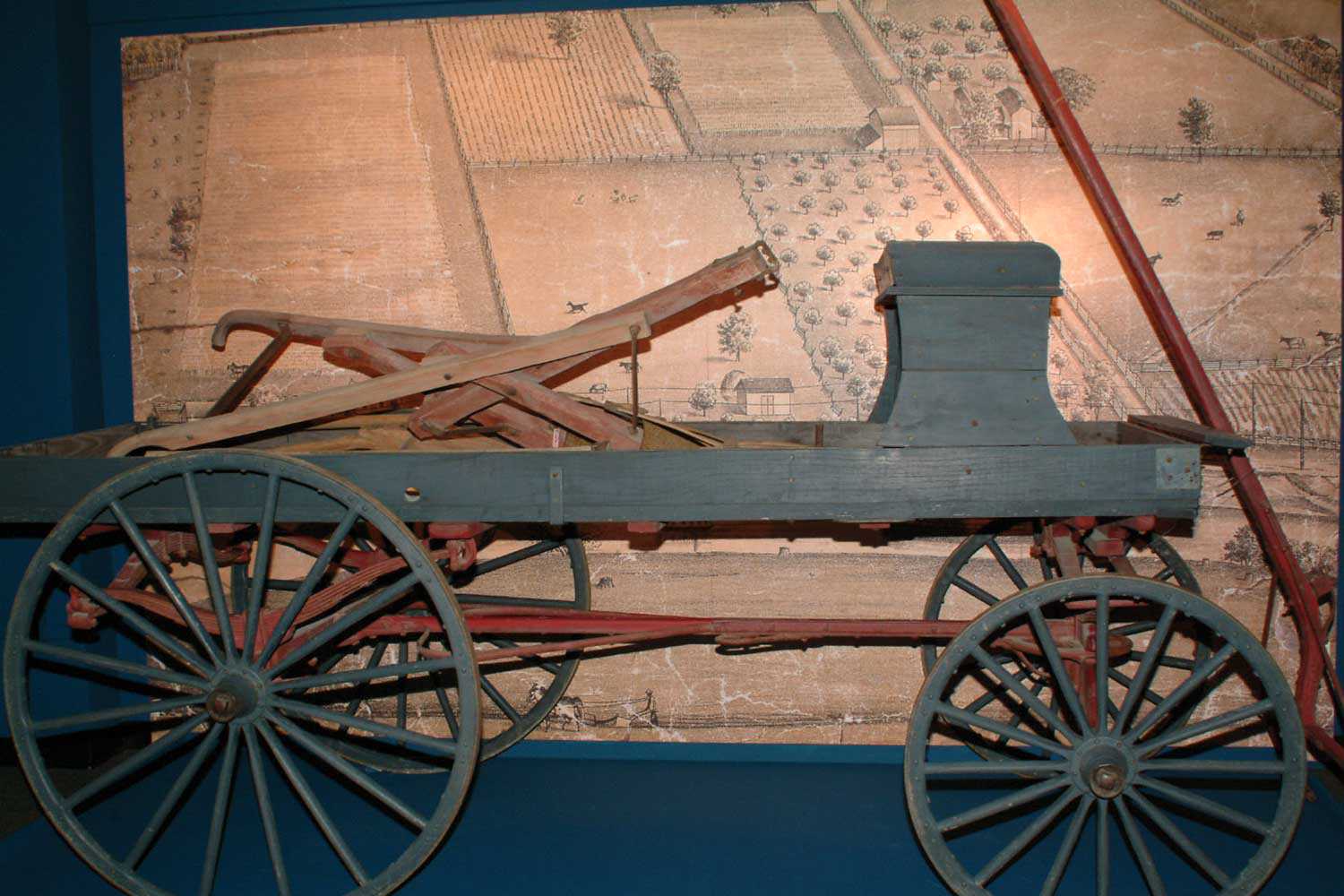
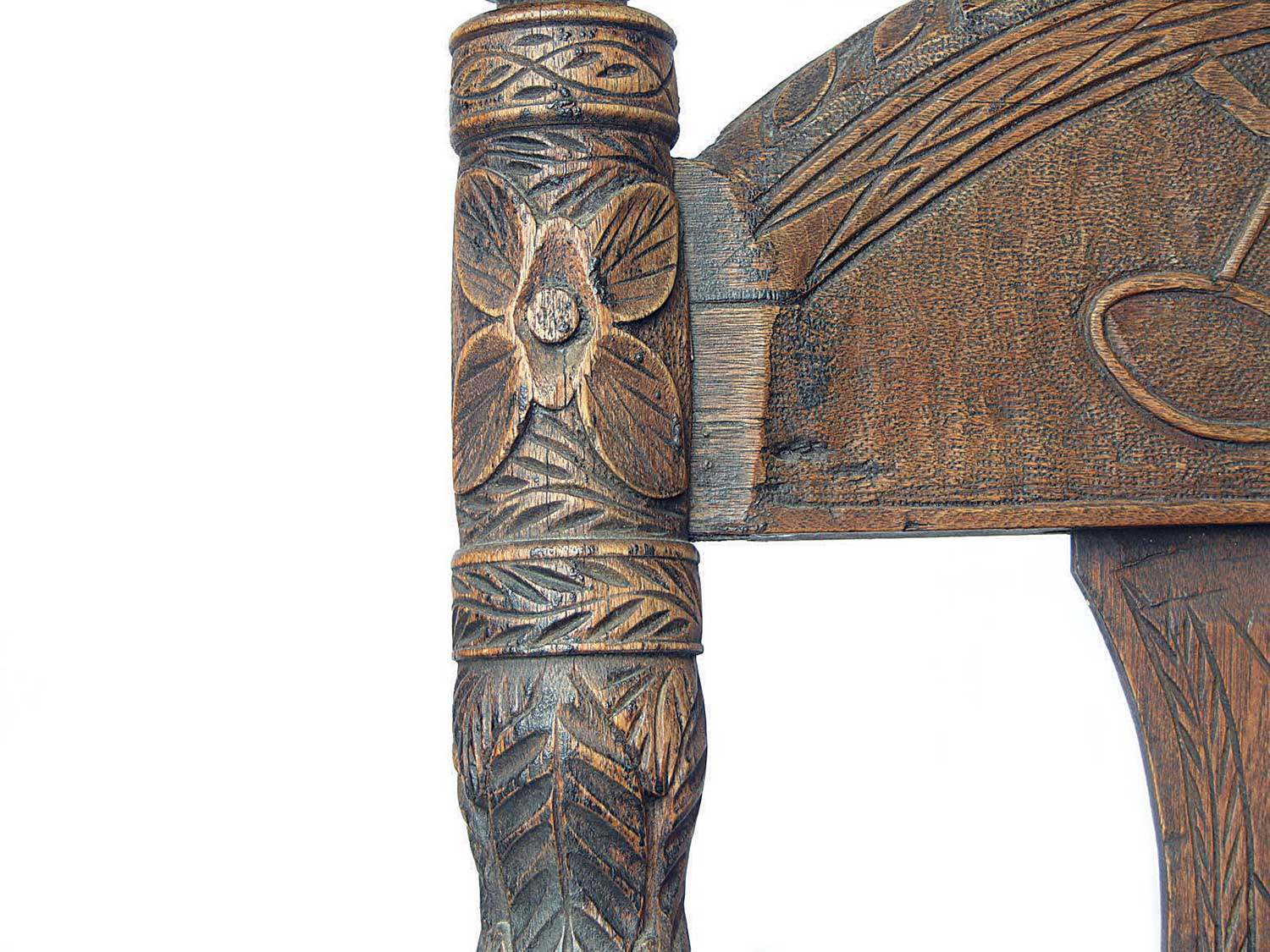
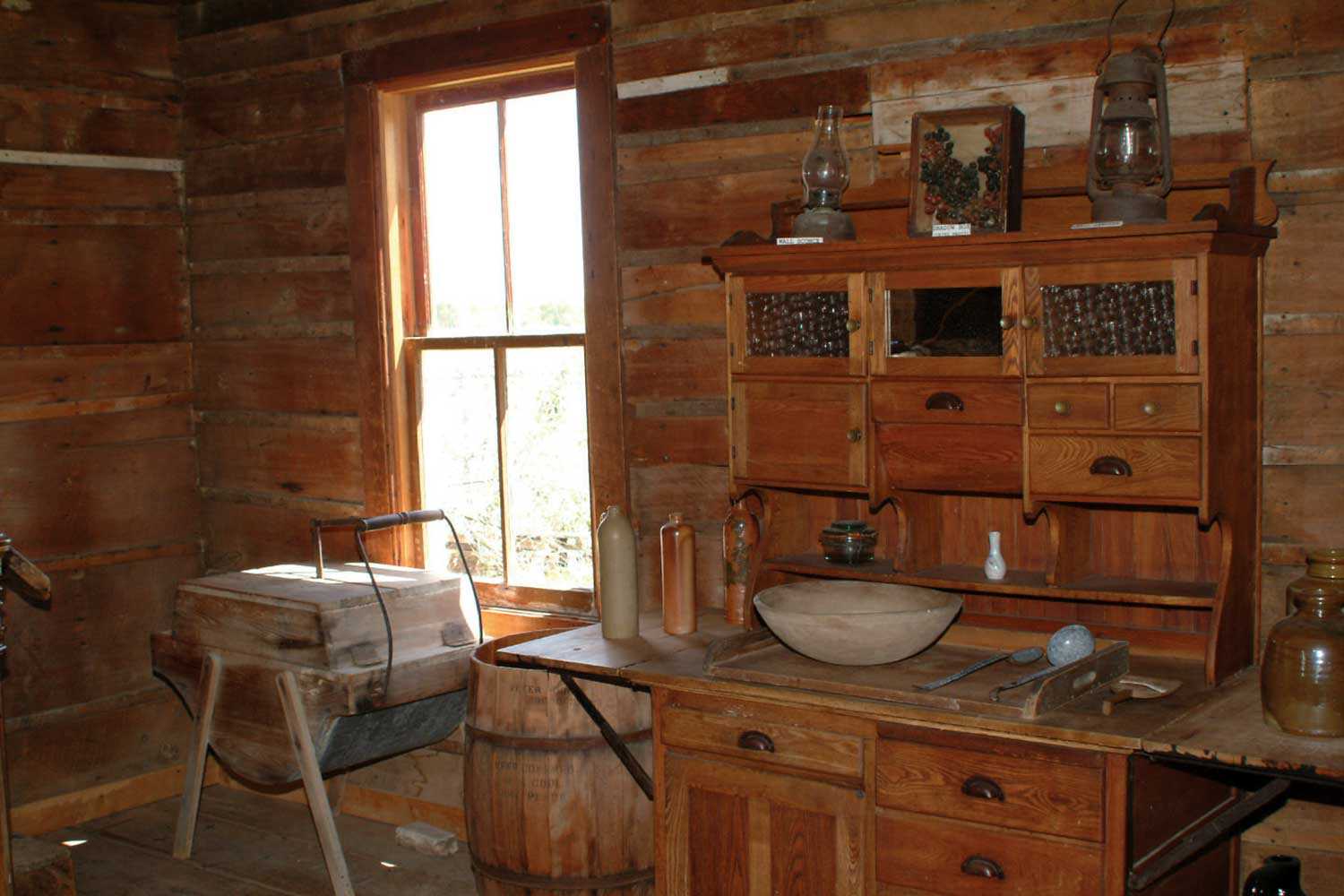
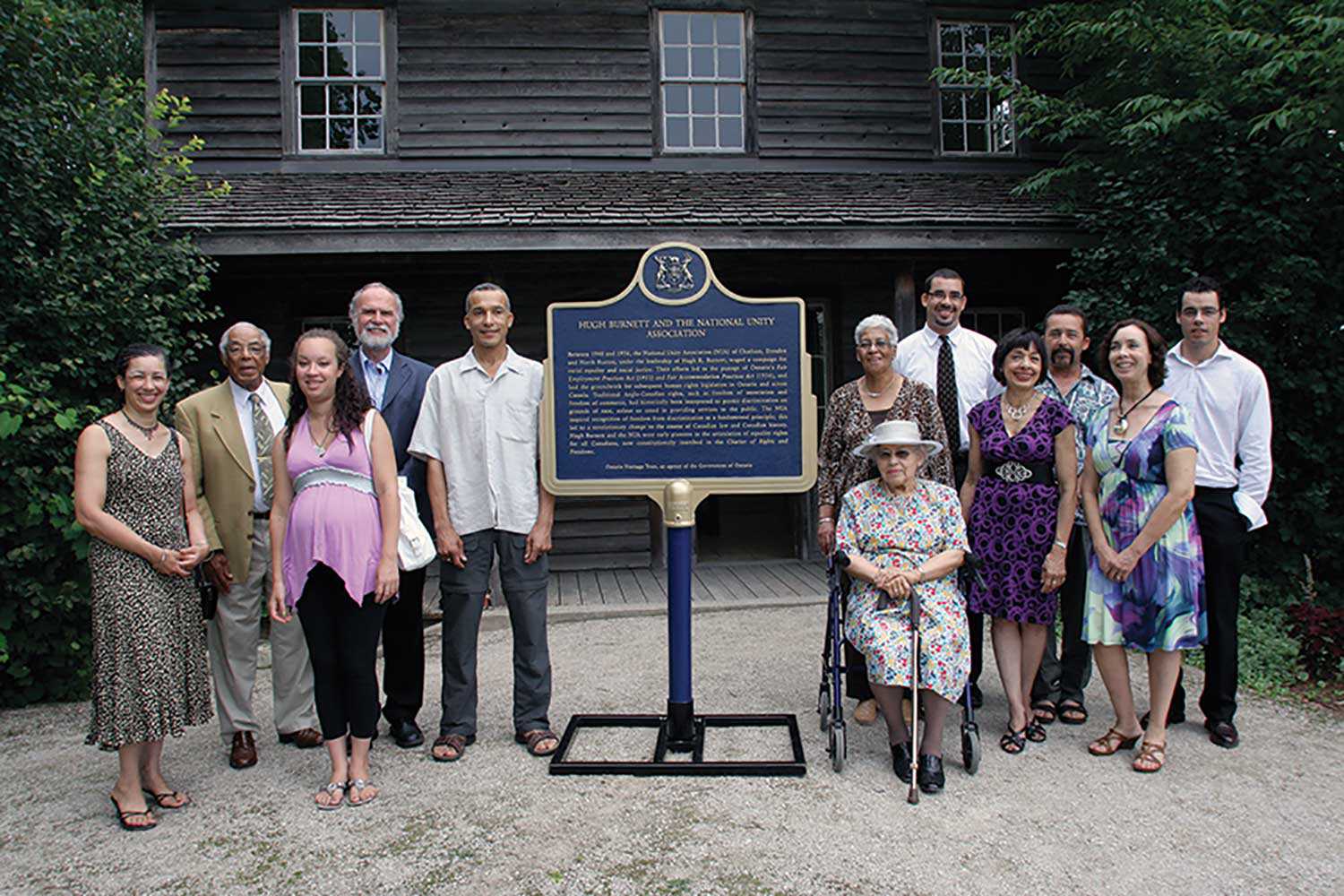
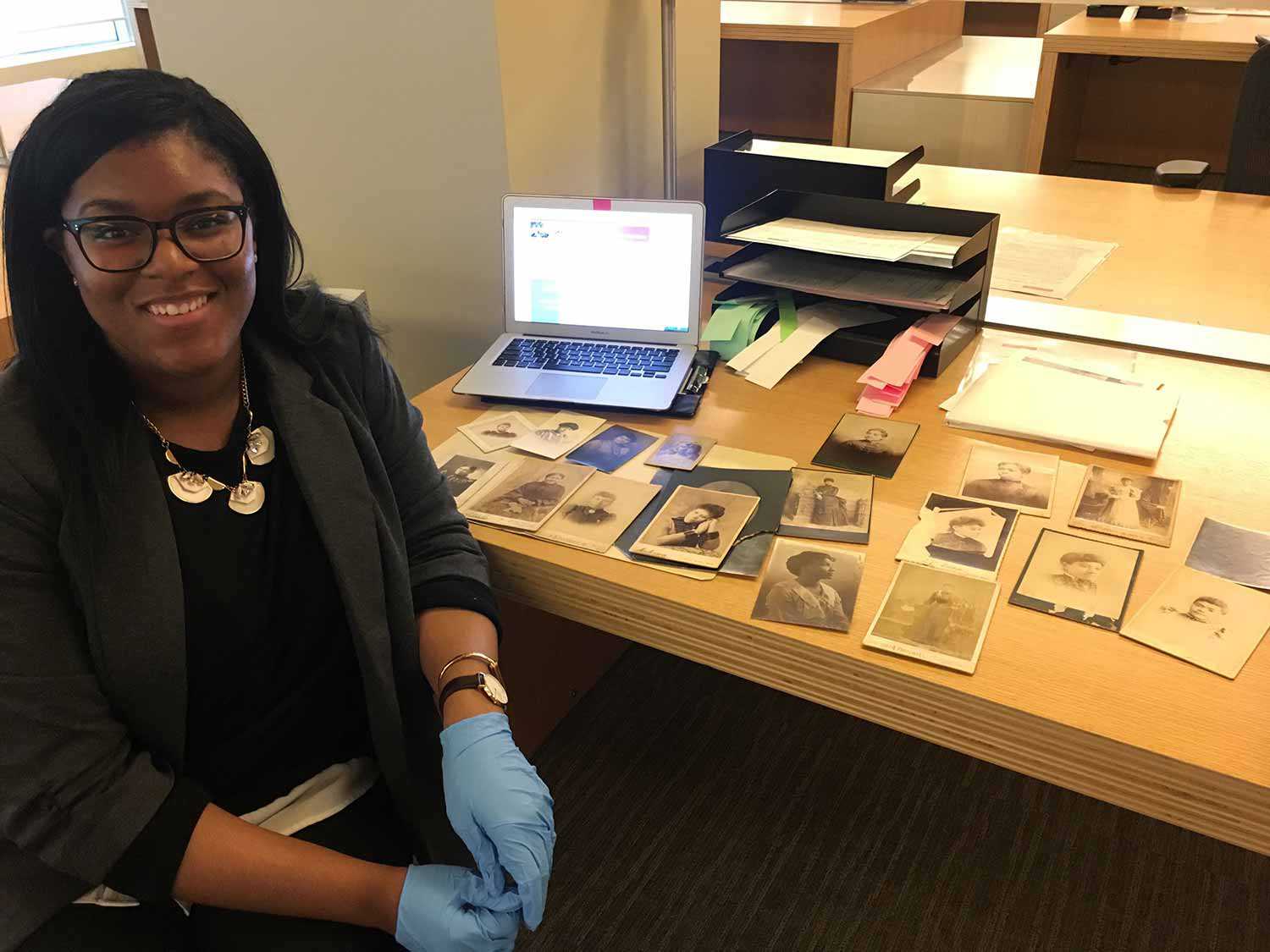
![F 2076-16-3-2/Unidentified woman and her son, [ca. 1900], Alvin D. McCurdy fonds, Archives of Ontario, I0027790.](https://www.heritage-matters.ca/uploads/Articles/27790_boy_and_woman_520-web.jpg)
